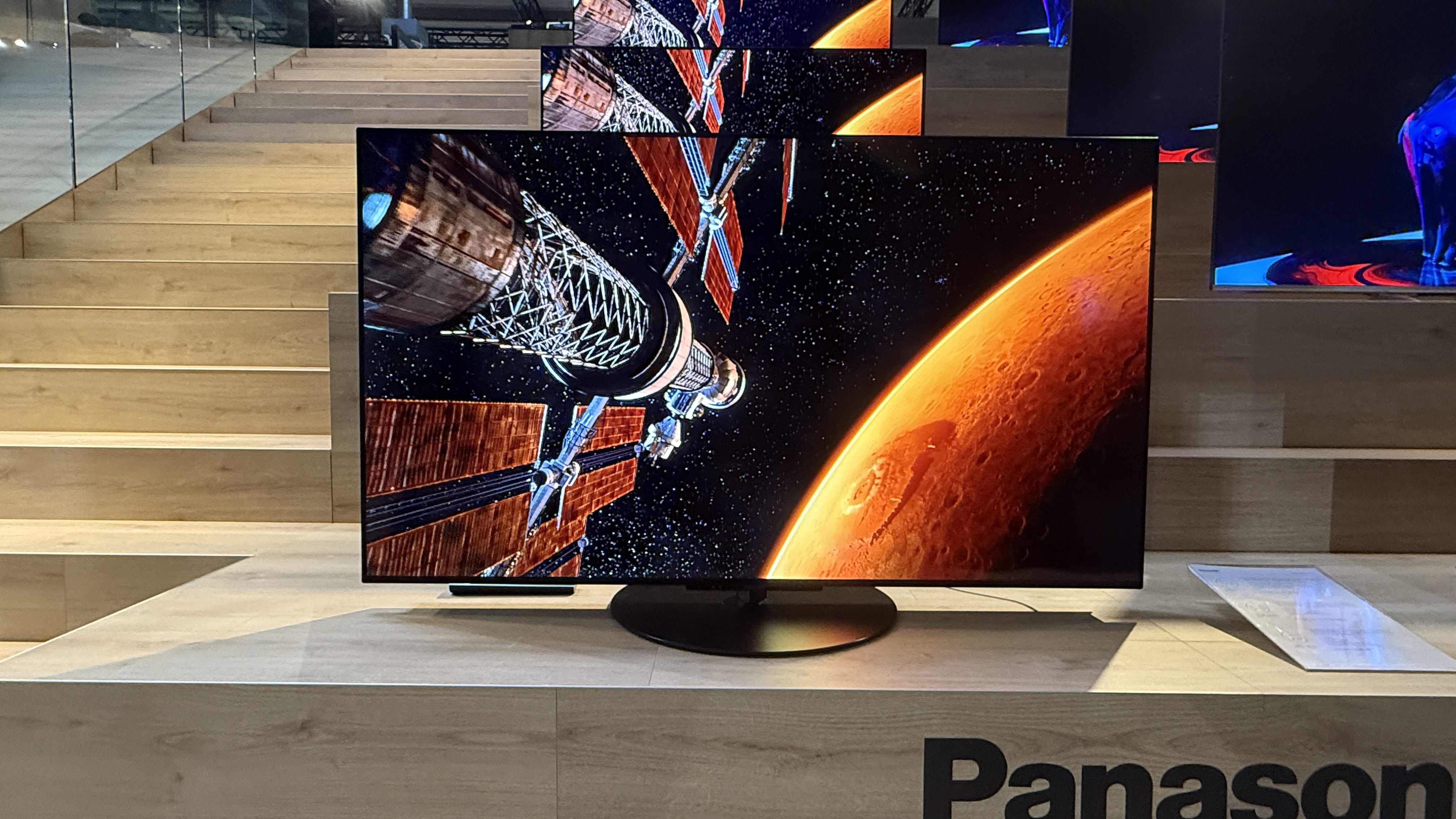Best surround sound systems 2026: home cinema speakers and soundbars put to the test
The perfect home theatre solutions for every budget and space
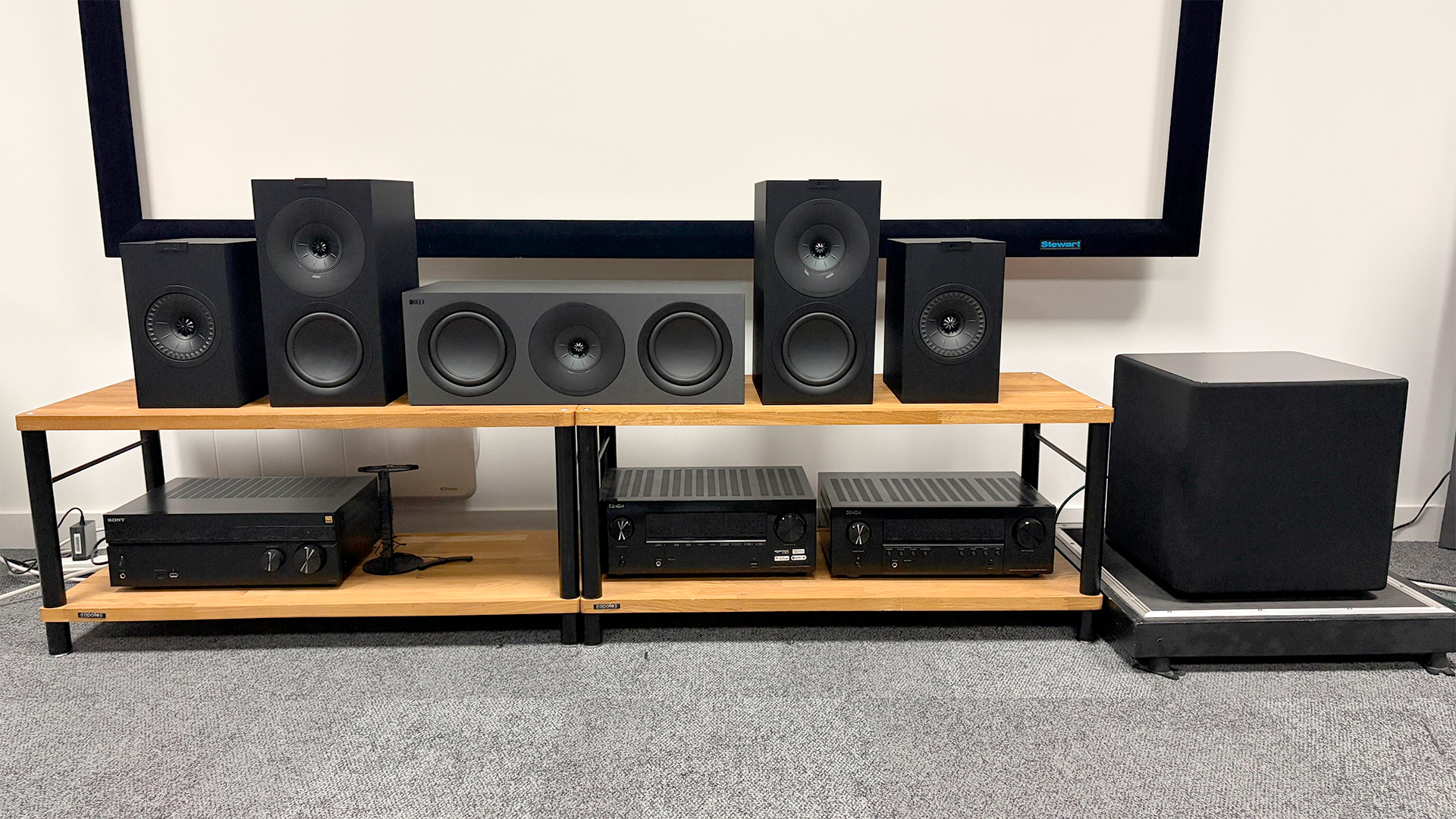
The latest hi-fi, home cinema and tech news, reviews, buying advice and deals, direct to your inbox.
You are now subscribed
Your newsletter sign-up was successful
If you're building your dream home cinema setup, remember that sound is a vital component. We think, in fact, its equally as important as the picture element, as there's no point in investing in one of the best OLED TVs or best projectors, only for flat, unengaging sound to ruin the immersion.
That's why we've tested and reviewed a wide range of the best surround sound options, from Dolby Atmos soundbars to fully-fledged 5.1 speaker packages.
These top-notch speakers and soundbars deliver exciting cinematic sound that's guarenteeed to do your favourite blockbuster justice, and the best part is that you don't have to spend through the nose to get that.
We have options on this list ranging from a suprisingly brilliant Hisense soundbar system complete with surround speakers and a dedicated subwoofer for under £300, all the way up to a premium and refined KEF package that looks as good as it sounds.
Every option here has been tested thoroughly by our expert reviews team, and you can find out more about how we test surround sound systems below.
Furthermore, our best AV receivers page should be your next port of call if you're building a setup from scratch, as you'll need a good amplifier to drive the surround sound speaker packages on this list.
With that out of the way, here are the best surround sound speaker systems.
February 2026: The Fyne Audio F500E AV Pack 2 makes it into our "also consider" section. January 2026: No new entries this time; however, we have updated this page for 2026 and ensured that all of our recommendations are still relevant and correct. November 2025: We've updated this list with a handful of Award-winning entries from Samsung, Hisense and KEF, as well as adding the Sony HT-S2000 into our also consider section. September 2025: Expanded the FAQ section with more entries.

As one of What Hi-Fi?’s main home cinema testers I know how important decent audio is if you want the best experience possible. Whether you’re watching regular TV, movies, sports or playing games, a proper, well set-up surround system can truly take immersion and your enjoyment levels up a notch. The tricky part is finding the right one for your specific needs, budget and space. To help with that, I and the What Hi-Fi? team make sure to keep a constant stream of surround sound systems covering every budget passing through our test rooms – the best of which make it into this list!
The best speaker package
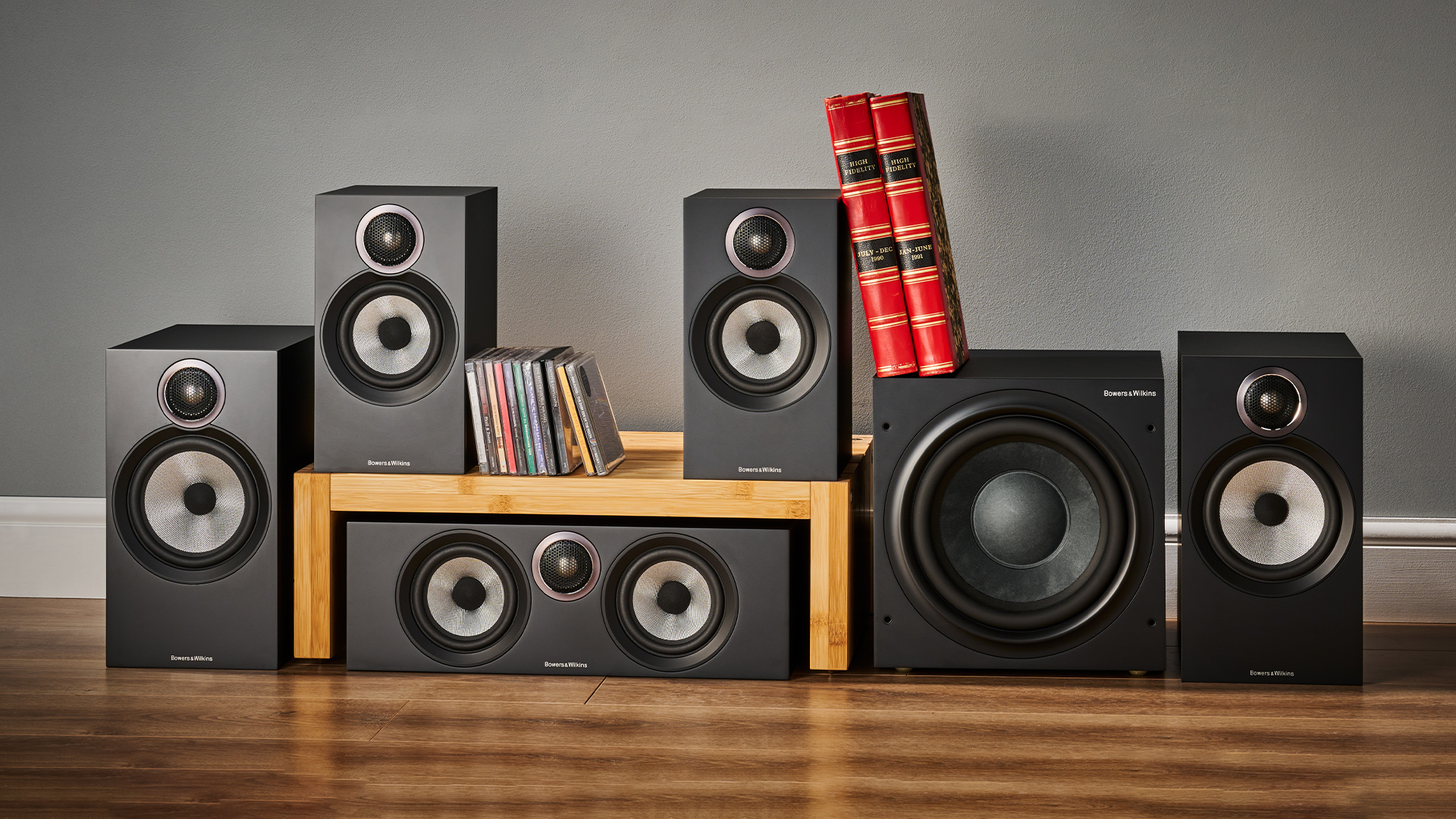
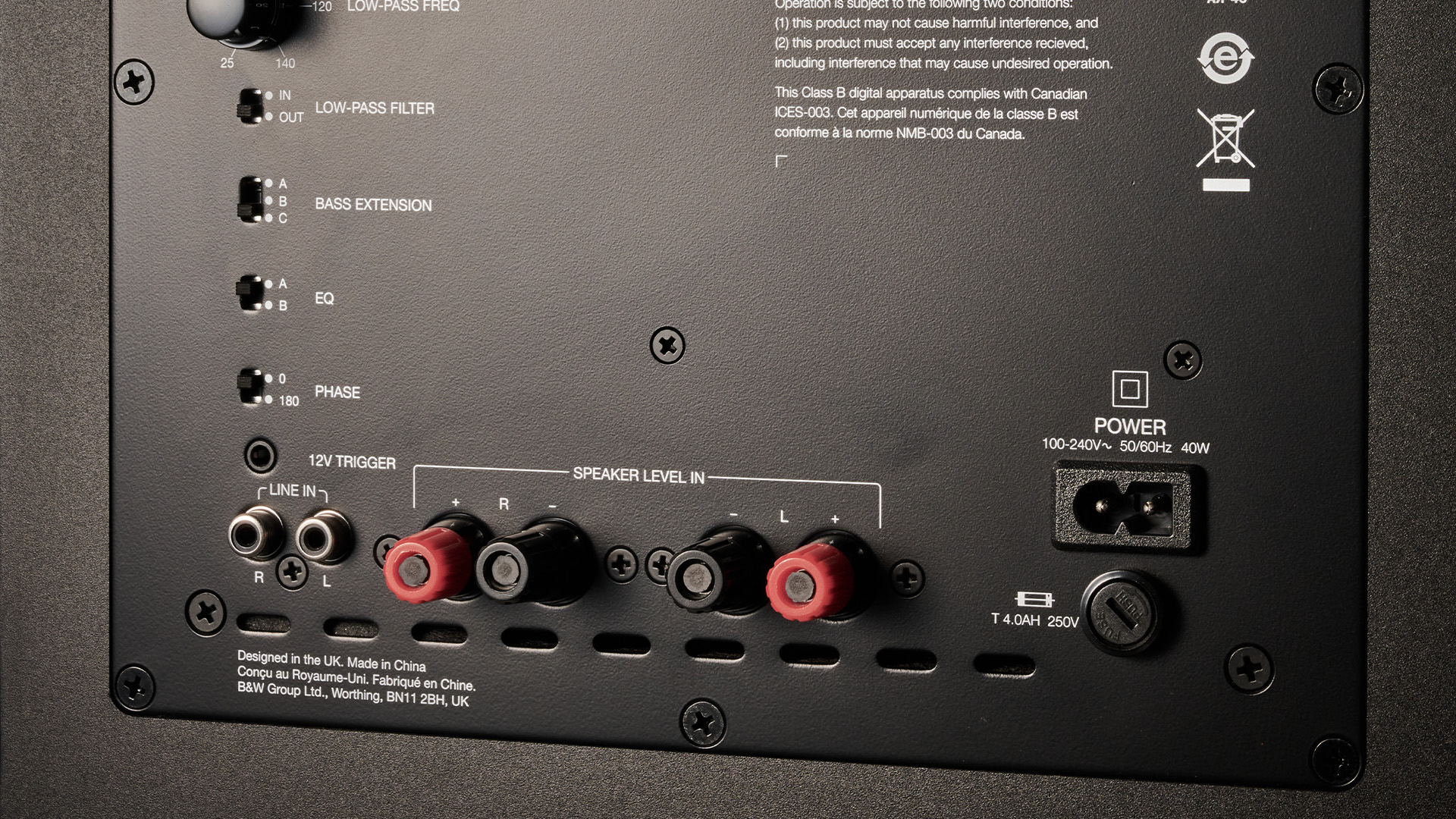
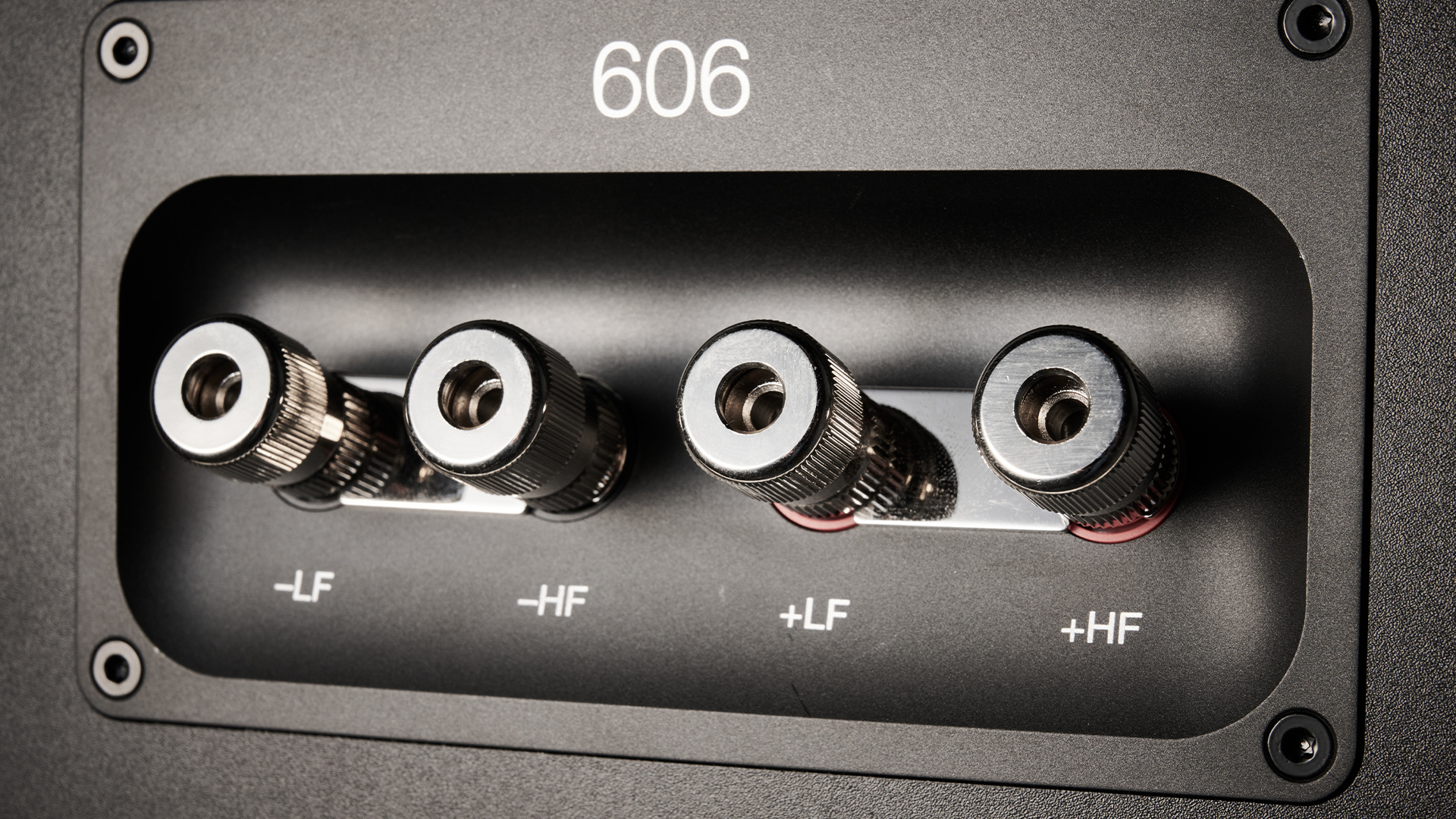
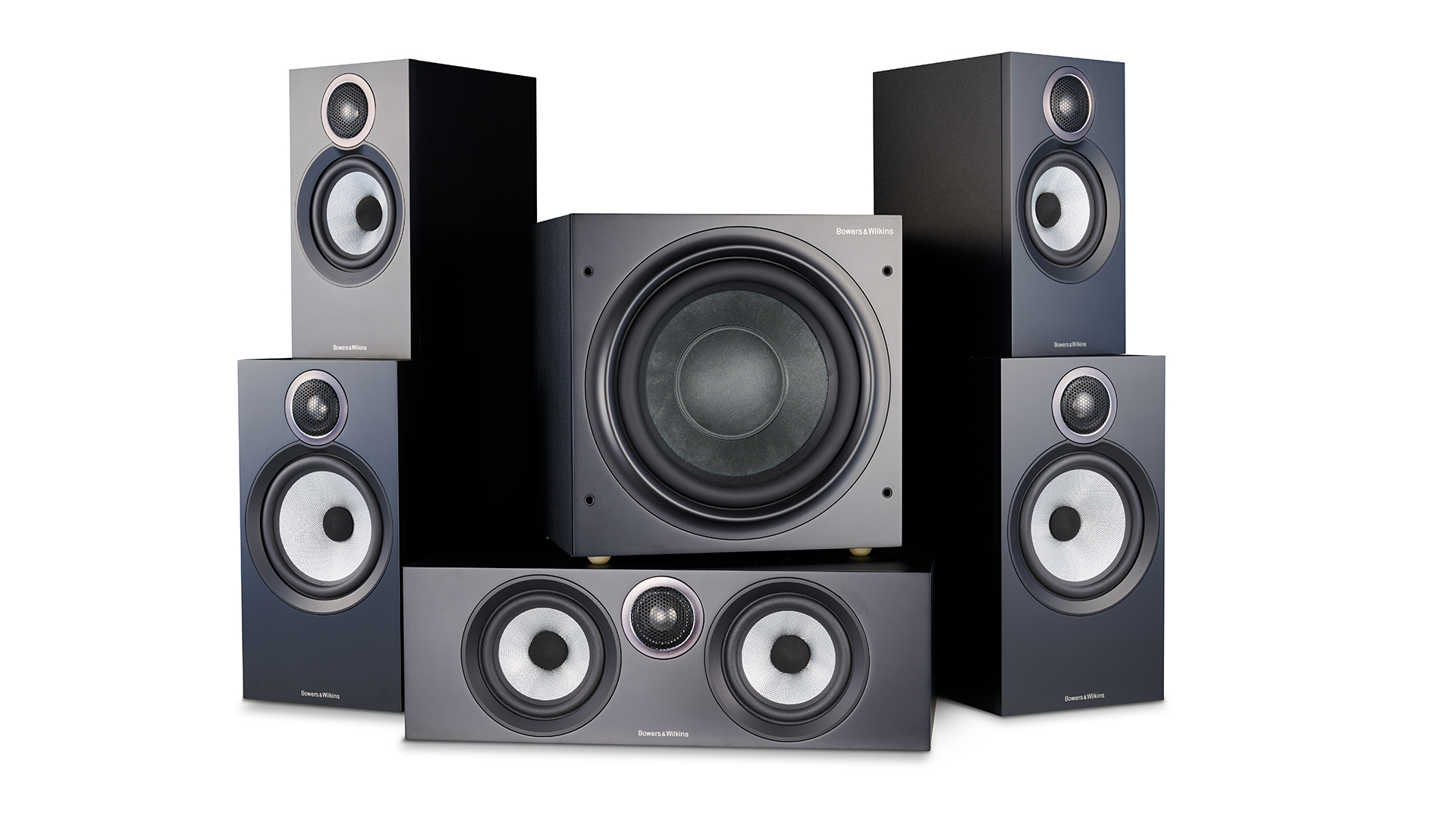
Specifications
Reasons to buy
Reasons to avoid
It is an indisputable fact that the best way to achieve the most convincing surround-sound experience is by placing individual speakers all around your room. Usually that would consist of a ready-made home cinema pack (HCP) put together by the manufacturer, but there’s nothing to stop you creating your own, as long as you include all the necessary components.
B&W itself doesn’t sell this particular setup as a bundle; but multiple retailers do. It consists of a pair of 606 S3 speakers for the left and right channels, a couple of 607 S3 speakers for the surrounds, an HTM6 S3 for the centre channel, and a ASW610 subwoofer. Don’t forget you’ll also need stands for the front and surround speakers.
Why this exact combination? Because all of the components are compact and well crafted, and collectively they deliver a spectacular performance. The sound is brilliantly dynamic and energetic, but also detailed and insightful, with excellent warmth and richness to the vocals. It can’t match the sonic scale of physically larger packages, but it’s still full-bodied and engaging.
It shouldn’t really come as a surprise that combining these five-star speakers would be so successful, but it’s still impressive just how well this DIY surround-sound package works.
Read the full Bowers & Wilkins 606 & 607 S3 speaker package review

When buying a surround sound system, you need to factor in the space you’re putting it in. The team and I all love a proper Atmos system with speakers galore, including ceiling firing units. But the fact is not everyone has the space for that. This is why we often view a 5.1 system as a happy medium between that and a basic soundbar. A good 5.1 system, such as the Bowers & Wilkins 606 and 607 S3 speaker package, delivers all the heft you need for a properly immersive home cinema experience without taking up too much space. Just remember you’ll still need to plan appropriate placement and spacing when setting it up and factor in the cost of speaker stands on a system like this.
The best soundbar system
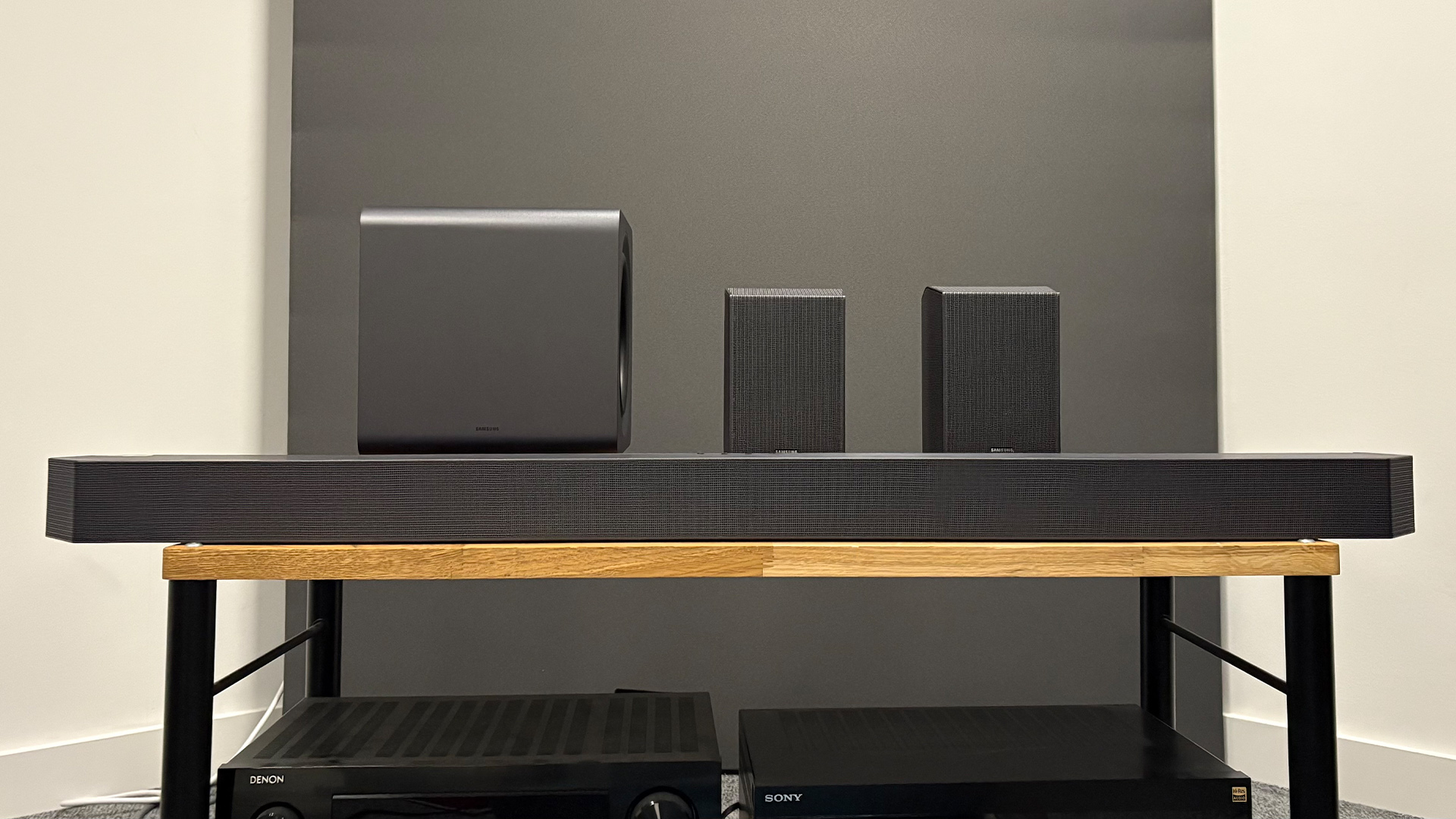
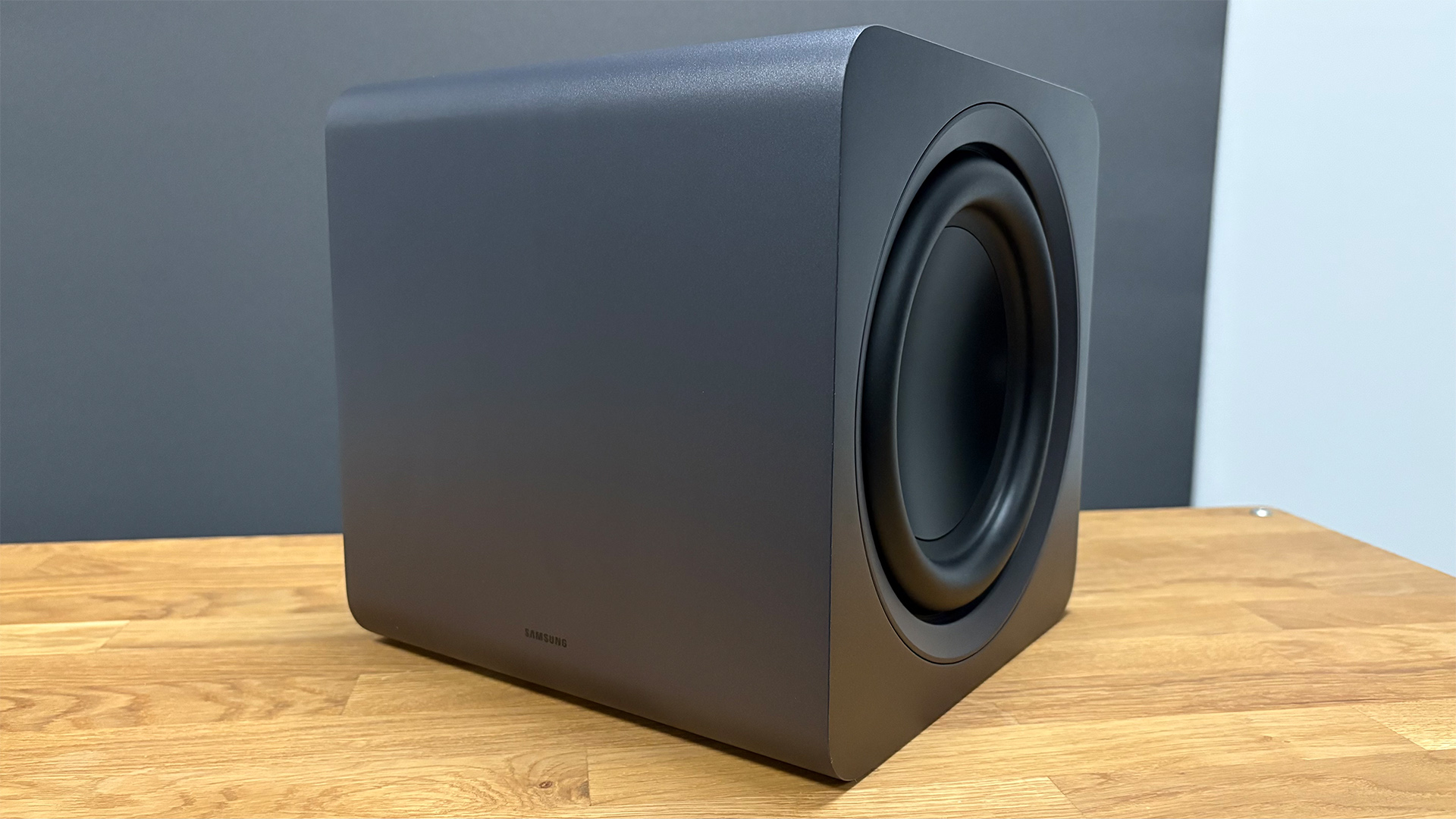
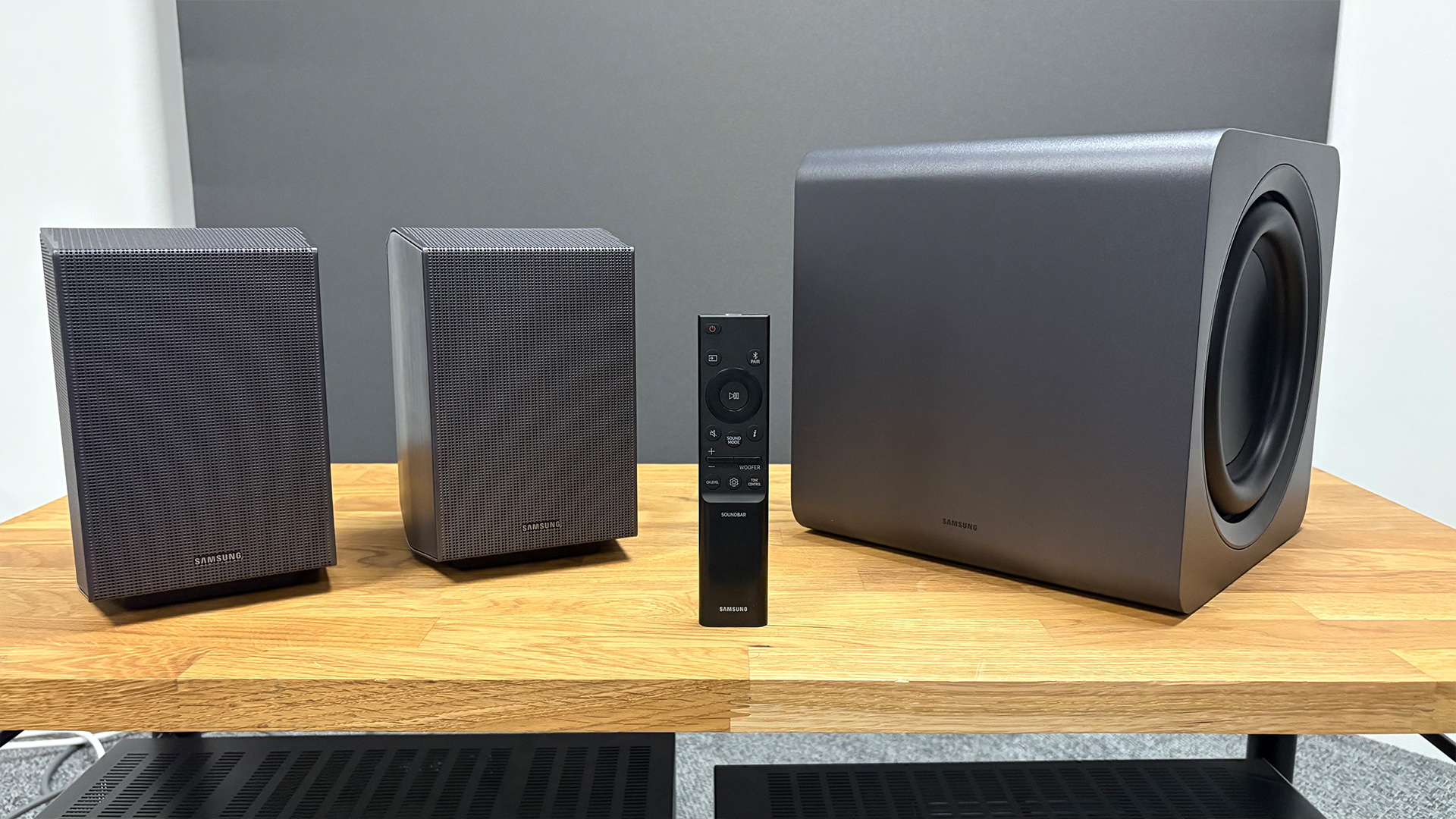
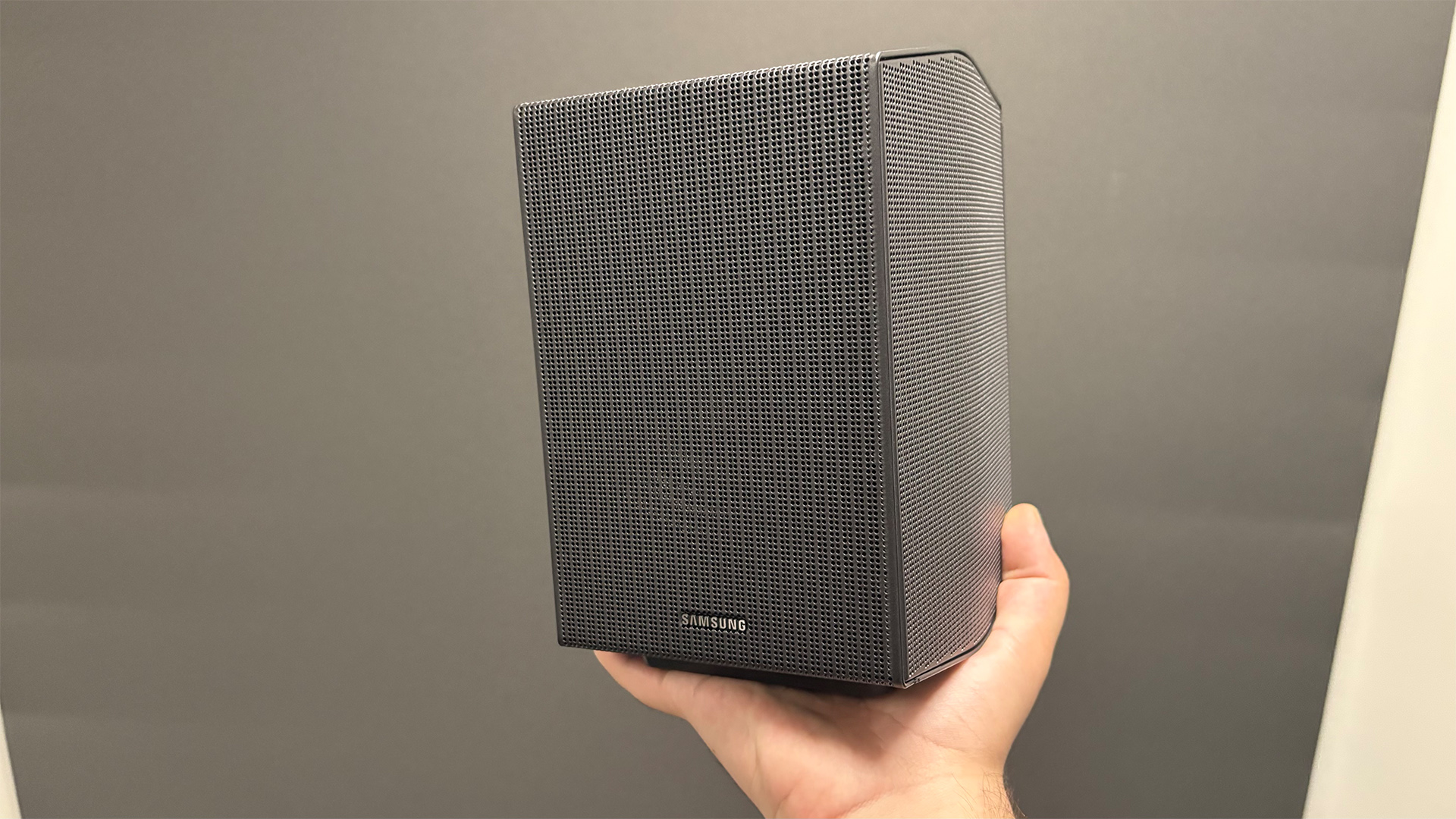
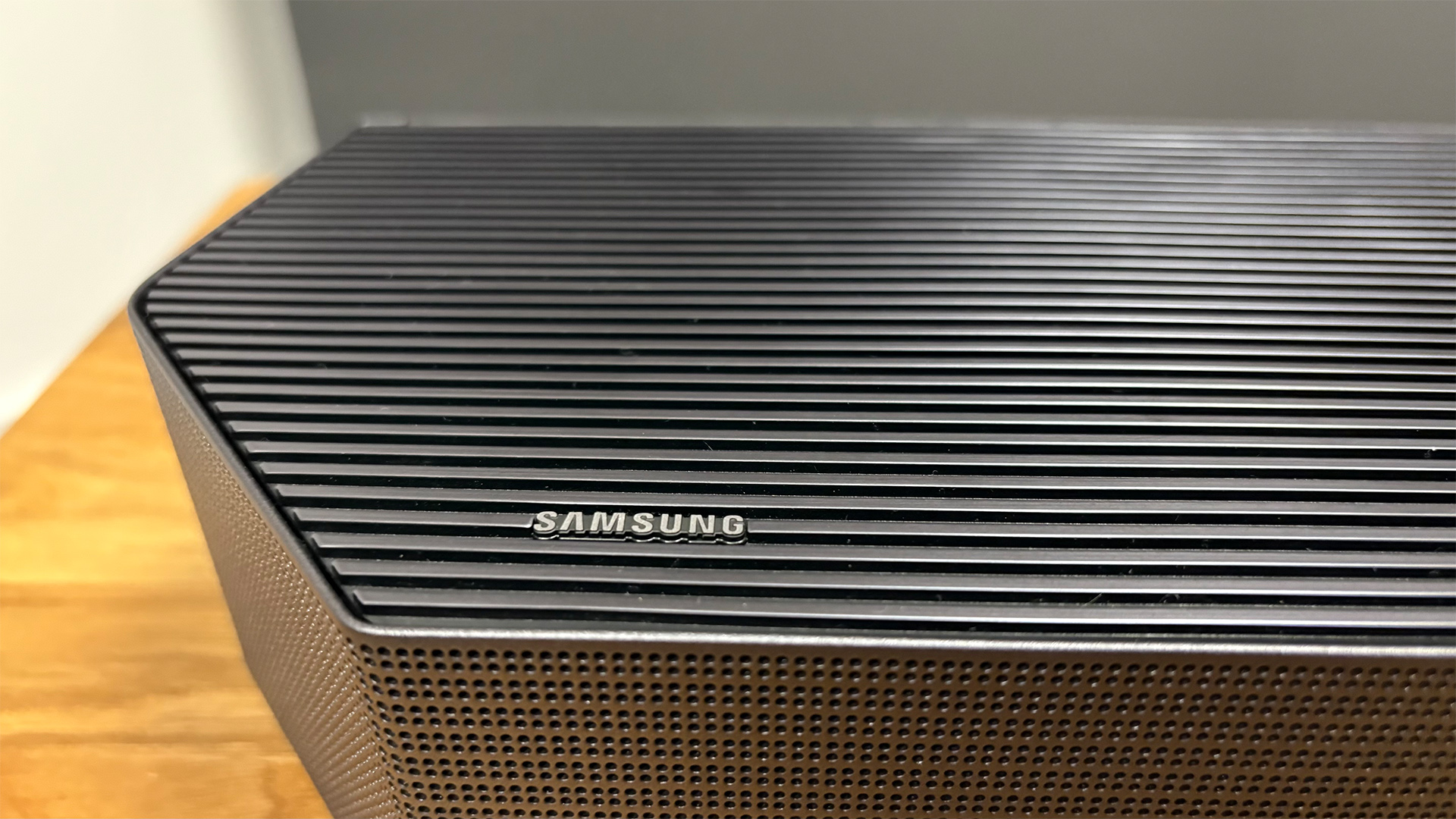
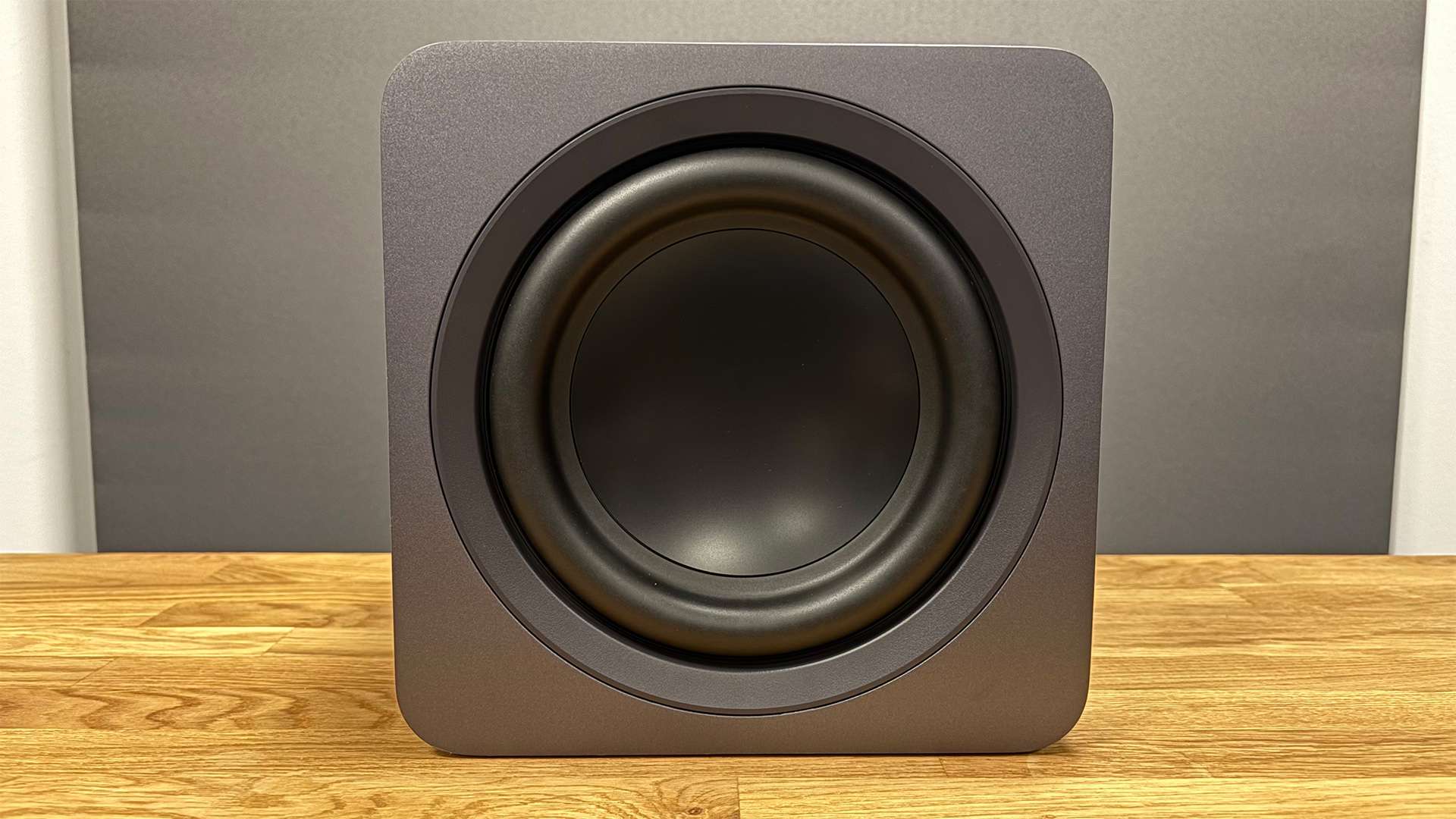
Specifications
Reasons to buy
Reasons to avoid
Samsung's proposition with the HW-Q990F is simple and appealing. It builds upon the Award-winning HW-Q990D with a core upgrade that enhances the sonic experience as a whole, creating an irresistible soundbar system that's perfect for anyone whose goal is to avoid trailing cables around their living room at all costs.
The system features a Dolby Atmos soundbar, two wireless satellite speakers with side-firing and upward-firing drivers and a redesigned subwoofer that's now a cube rather than a cuboid.
Pumping out a staggering 300W of power despite its small footprint, this small (yet surprisingly capable) subwoofer delivers a controlled, yet deep and punchy kick of low end that elevates the system as a whole.
That's not to say that the main soundbar and surround speakers don't pull their weight, respectively. The Q990F soundbar is talented in its own right, delivering a crisp and detailed sound with impressive Dolby Atmos height effects that play a key role in enabling that "bubble of sound" that we often look for.
The main 'bar is also feature-packed, with HDMI 2.1 passthrough that supports up to 4K/120Hz signals with HDR10+ and Dolby Vision supported. It also includes a range of different sound presets, and settings can be easily tweaked via the Samsung SmartThings app.
It's backed up by the wireless surround speakers, which mesh nicely with the soundbar and subwoofer to create a cohesive and immersive home cinema package. It doesn't hesitate to put you directly in the centre of the action.
If convenience without sacrificing sound quality is your objective, then the HW-Q990F should absolutely be on your radar.
Read our full Samsung HW-Q990F review
The best affordable speaker package
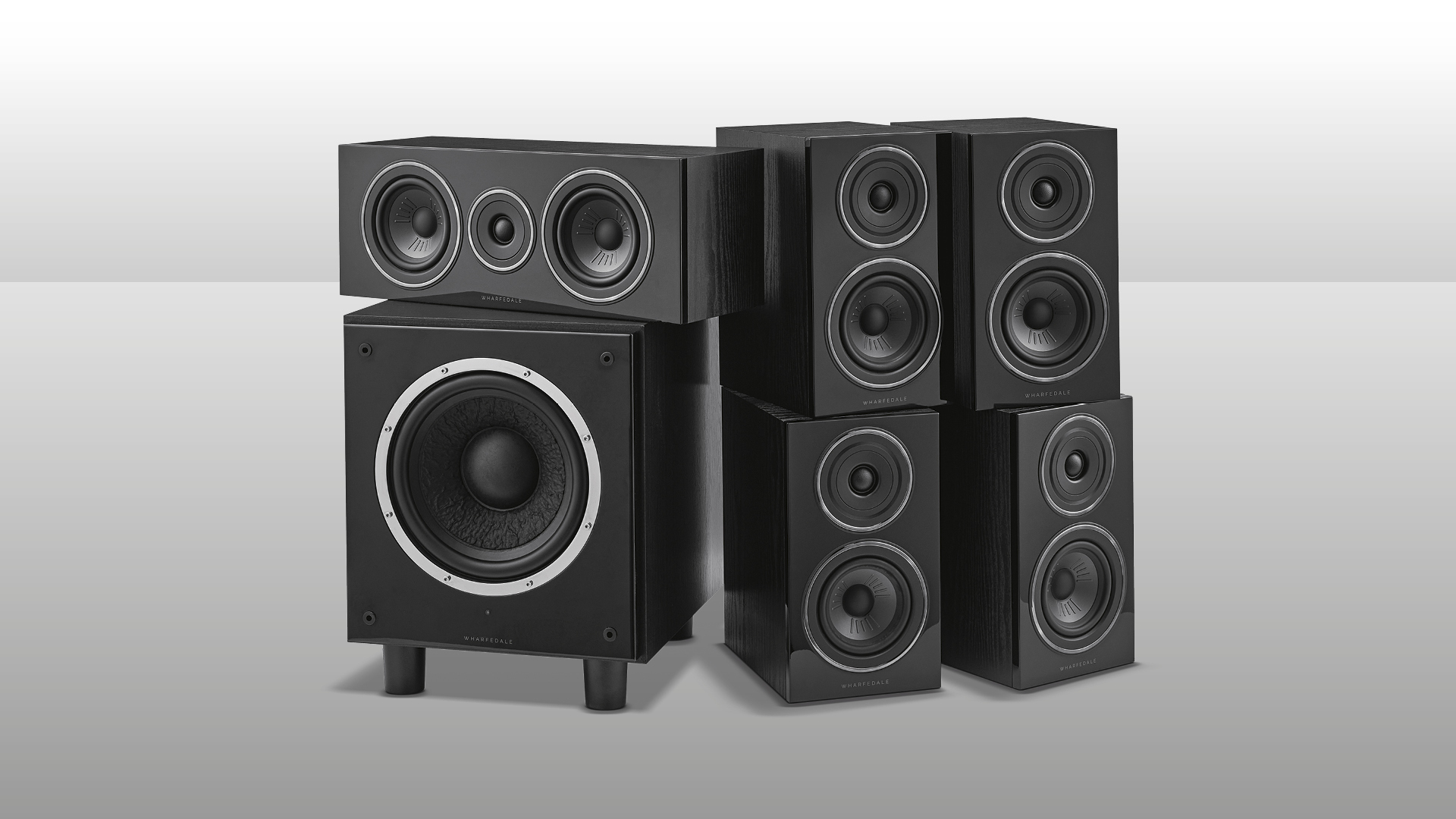
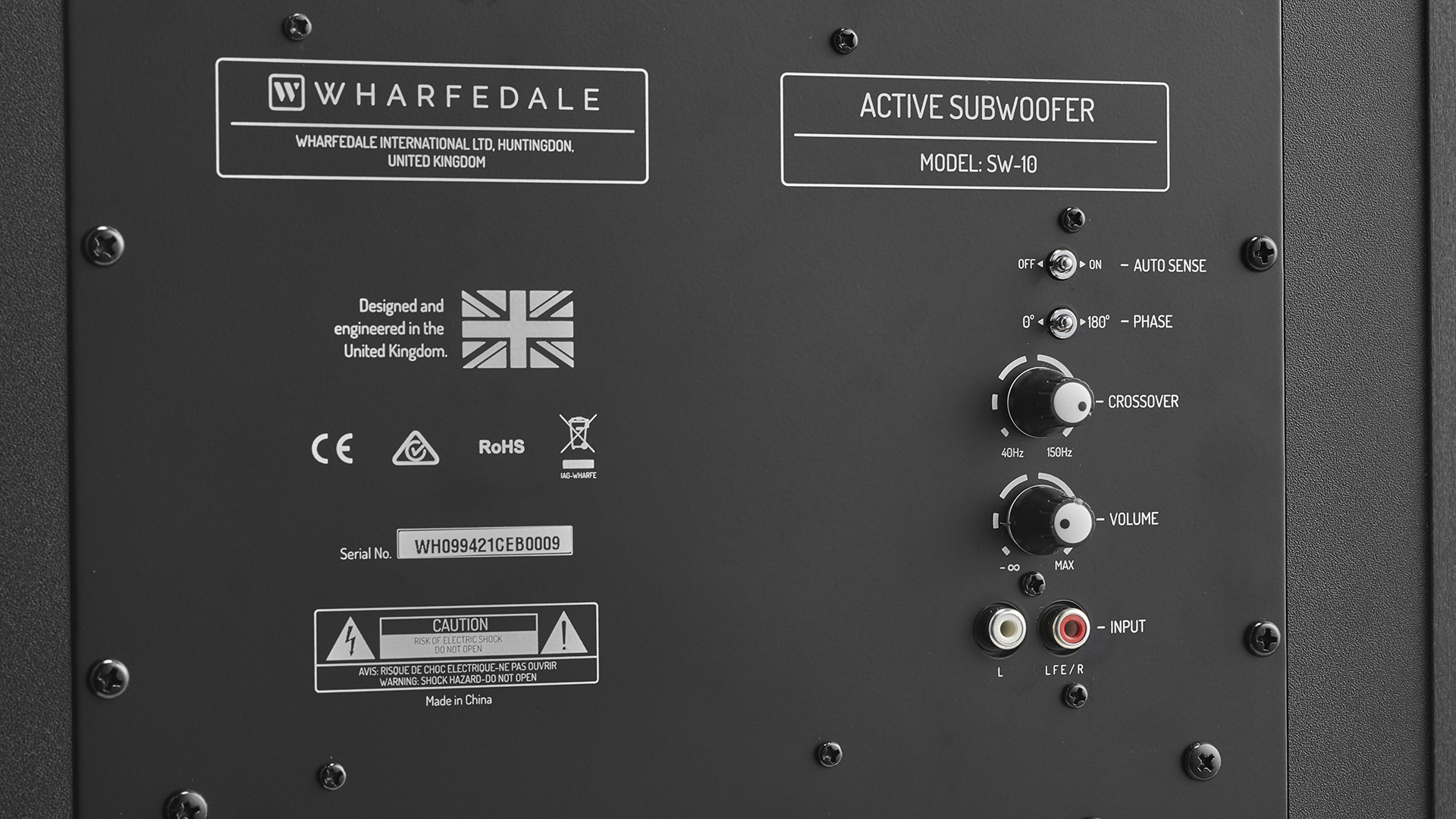
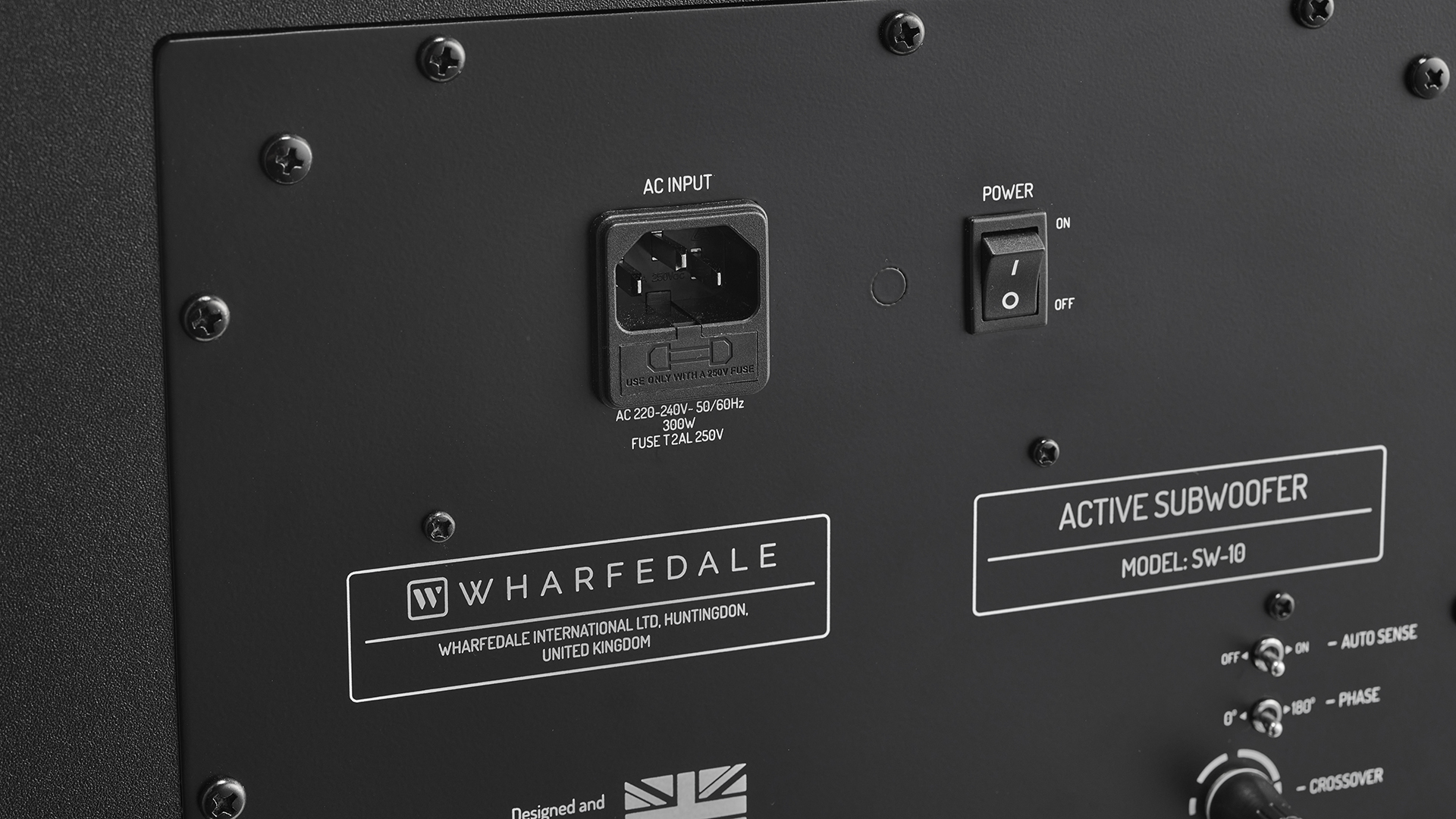
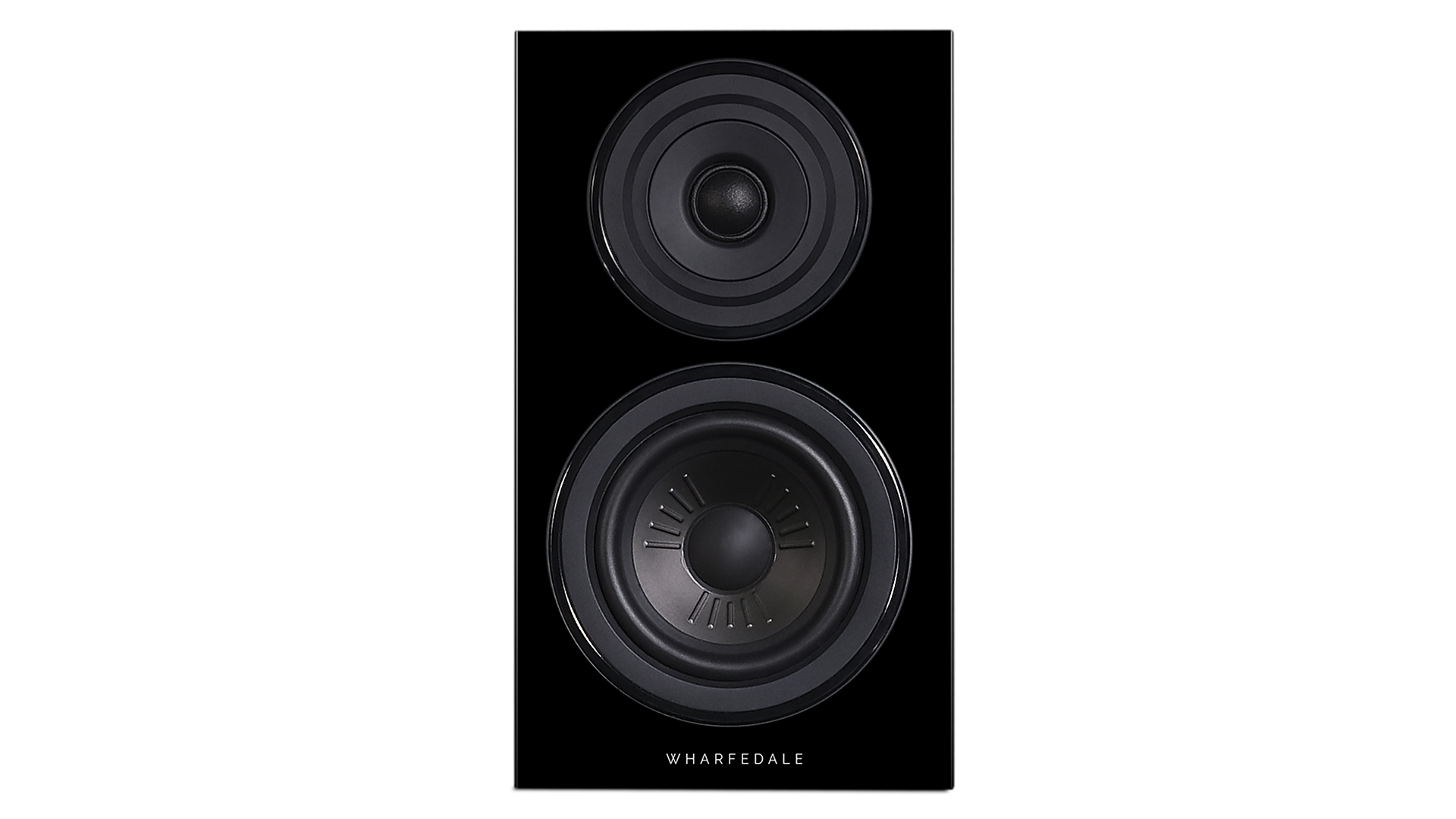
Specifications
Reasons to buy
Reasons to avoid
With poise, effortlessness, cut-glass diction and charisma, the Wharfedale Diamond 12.1 HCP is essentially the Audrey Hepburn of home theatre speaker packages.
The package is made up of a quartet of the excellent, mid-sized Diamond 12.1 bookshelf speakers for fronts and surrounds with the 12.C in the middle and the SW10 powered subwoofer supplying the bass.
The SW-10 sub is in some ways the star of the show: taut and dextrous, it is exceptionally musical and blends seamlessly with the system's speakers, thanks in no small part to they themselves having an impressive low end. The result is a rich and lively sound.
The SW10 delivers rich bass, but it never overpowers the midrange or treble. And, as a whole, the system sounds mature, impactful, agile and detailed.
The Diamond 12.1 system is an excellent choice for both music and film, and its combination of cinematic scale, relatively small physical dimensions and affordable price make it ideal for people who might otherwise not have considered a 'proper' home cinema setup.
For an appropriate AVR, we suggest trying the Denon AVR-X2800H. If we had to use one word to describe the sound of this receiver, it would be ‘confident’. The AVR-X2700H doesn’t try too hard to impress, as a nervously underpowered budget amp might.
It’s an easy and effective listen. No matter how hectic the action becomes, this Denon never misses a beat. It passes the laser blasts from speaker to speaker in a wonderfully coherent manner and, no matter the scene, creates a genuine sense of place.
Read the full Wharfedale Diamond 12.1 HCP review
The best premium speaker package

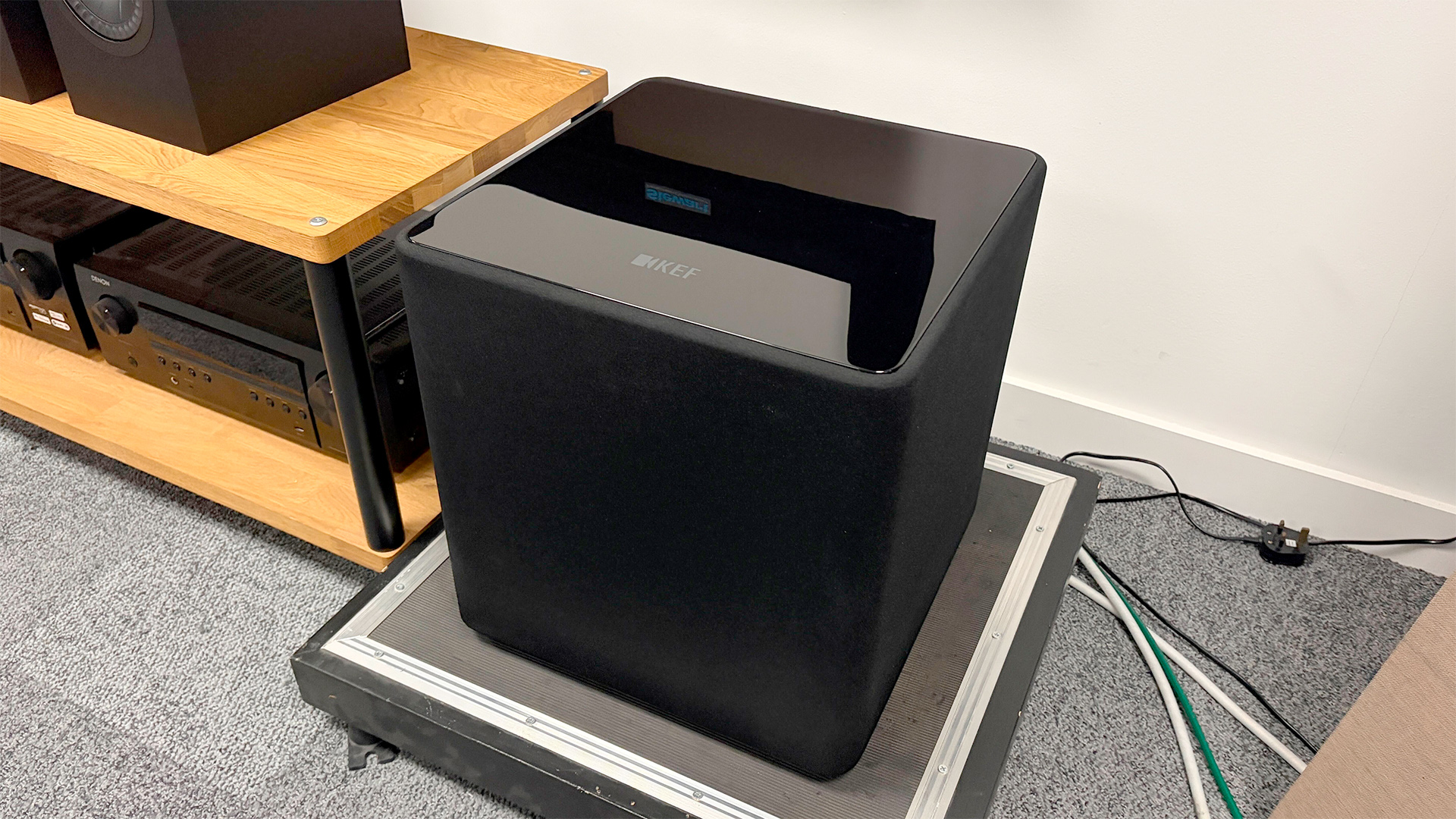
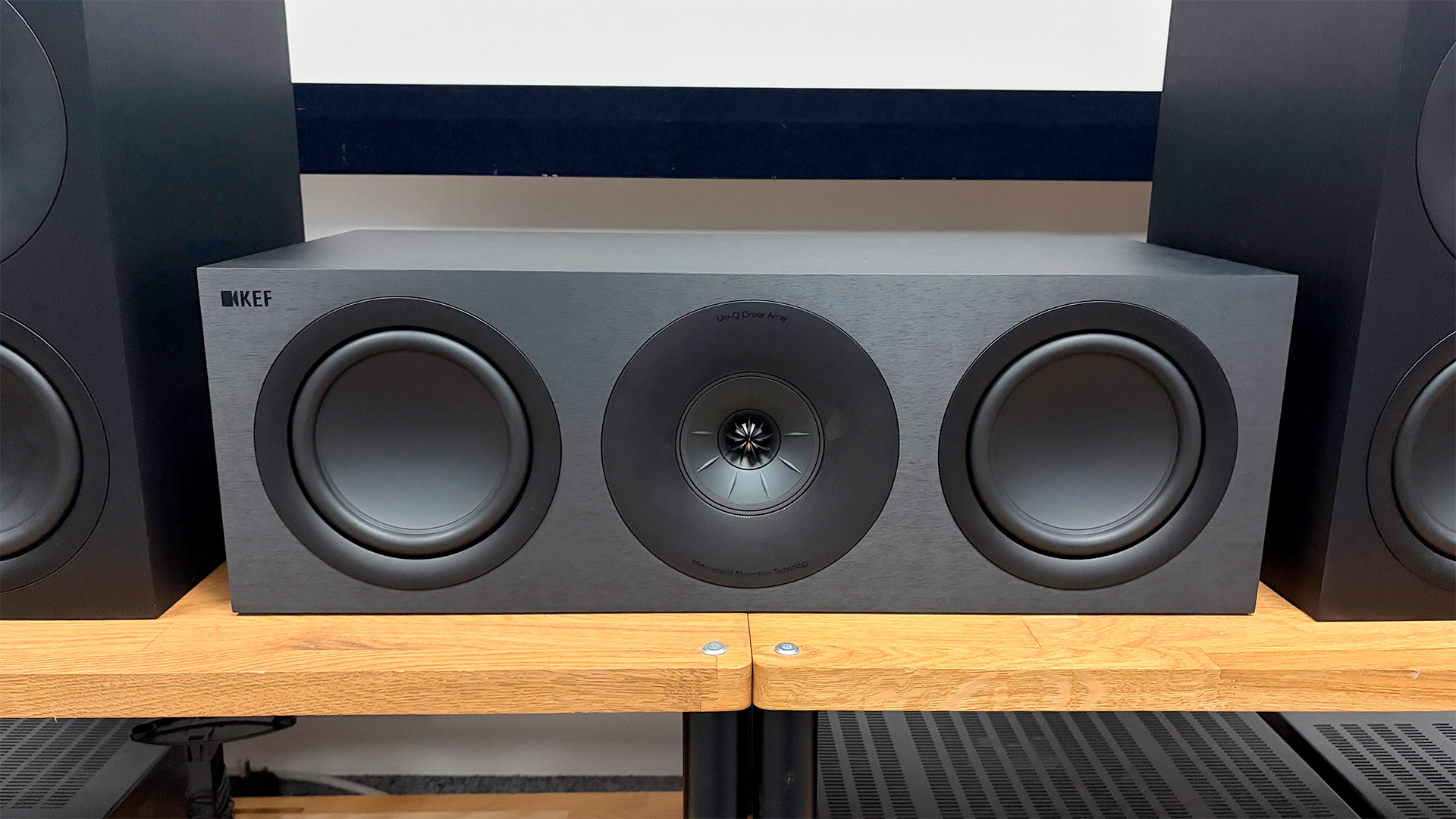
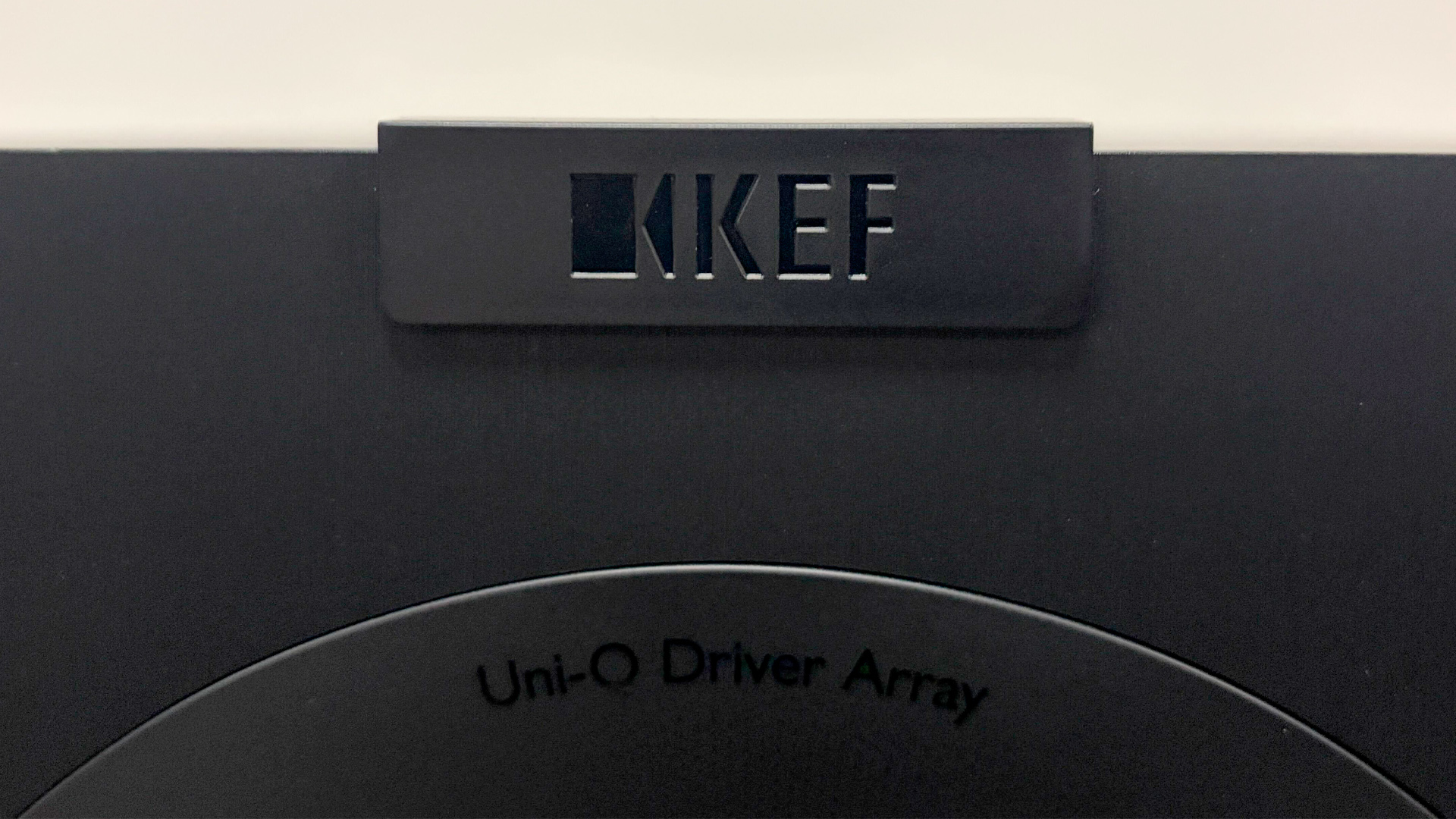
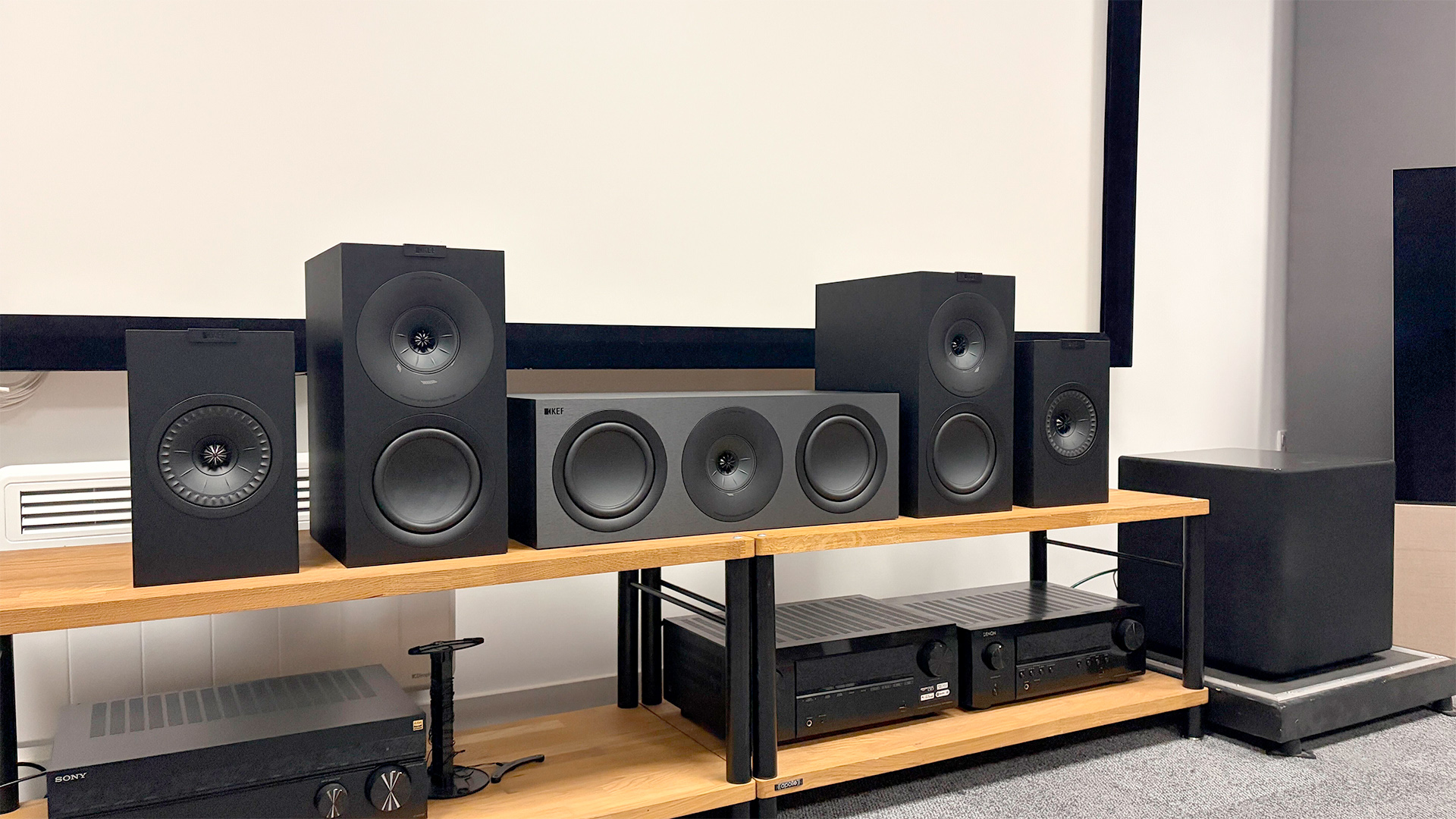
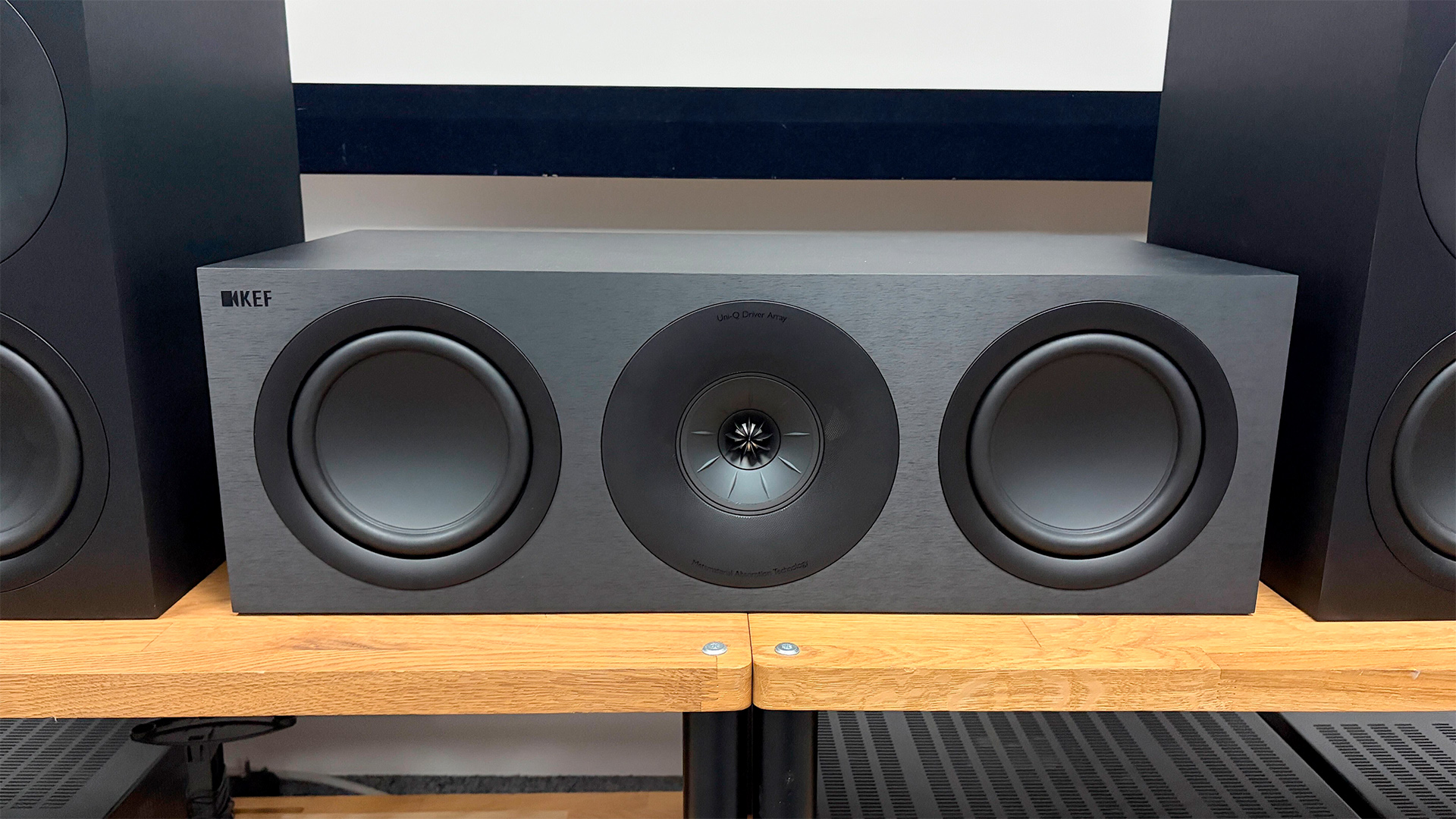
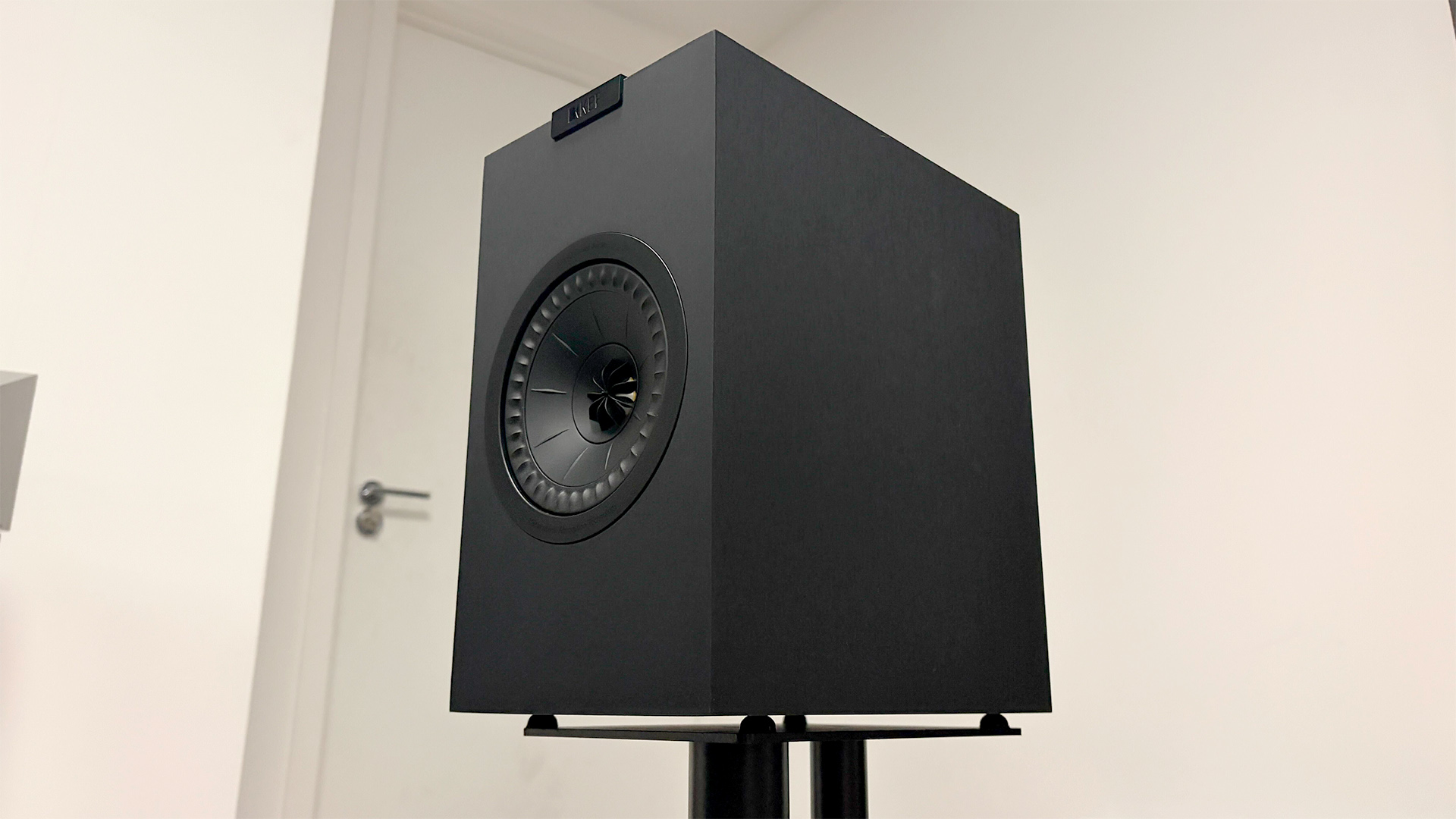
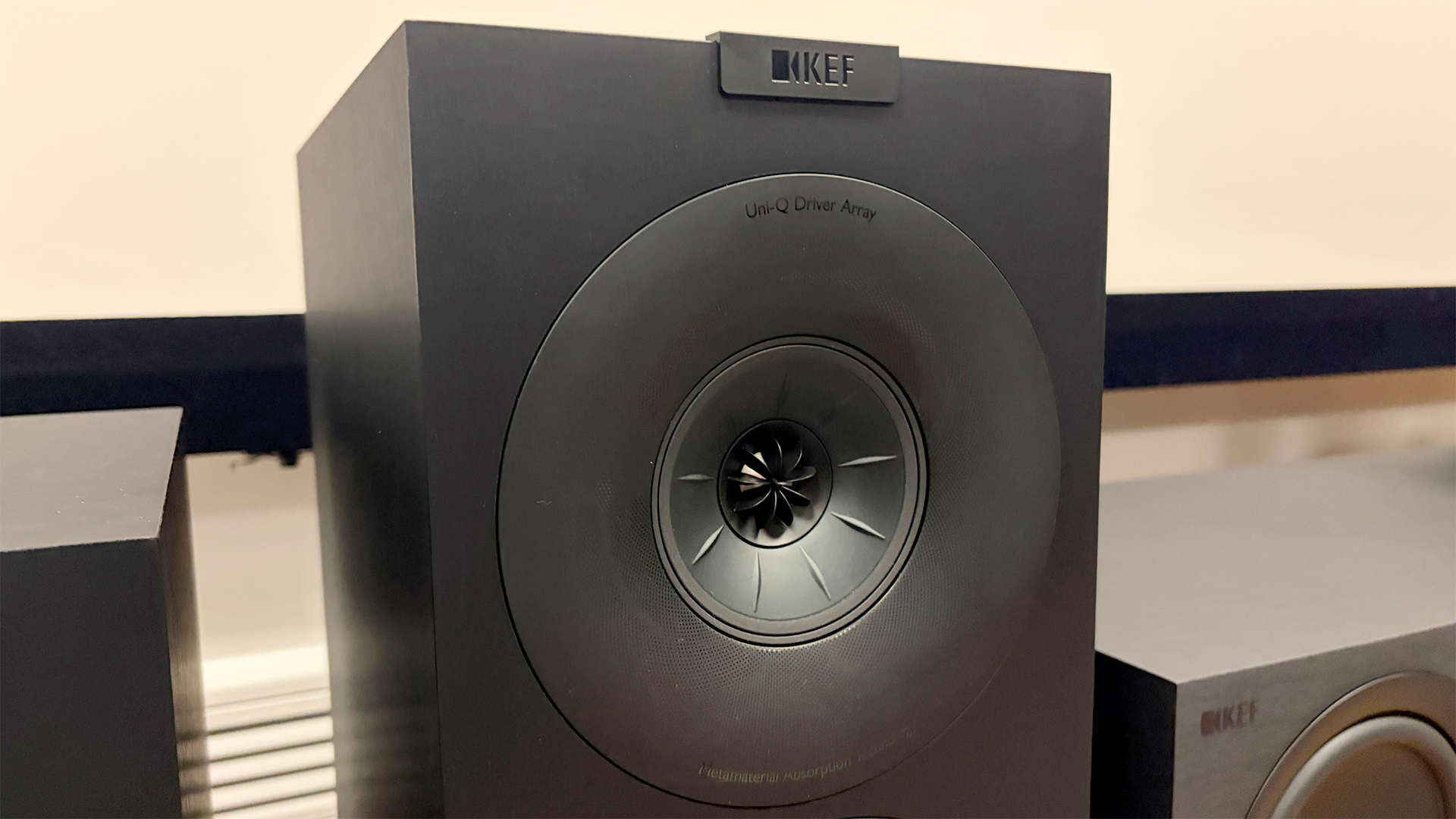
Specifications
Reasons to buy
Reasons to avoid
KEF's latest 5.1 surround sound system is an absolute gem of a speaker package, though it's a bit pricier than the alternatives on this list. We think it's worth the extra outlay, however, as this system sounds as good as it looks.
The five-star Q Concerto Meta standmount speakers headline this system, and they're supported by the Q1 Meta bookshelf speakers, Q6 centre channel, and the Kube 12 MIE subwoofer. KEF also has the Q4 Meta on wall speakers if you're looking to save space, but we preferred the Q1 Meta bookshelf units during our testing.
Performance-wise, the Q Concerto Meta 5.1 delivers a crisp, rich and powerful sound that allows every movie soundtrack to shine. It balances authority and agility with ease, resulting in a deeply engaging surround sound experience. The cohesion across the channels is excellent, leaving no obvious gaps between the channels, further increasing immersion.
The K12 MIE subwoofer is a standout component of this system, offering punchy, rich and expressive bass that stays perfectly in control even during challenging sequences. This sonic spectacle is wrapped up in a stylish package that we called "swooningly handsome" in our full review, with understated, suave styling throughout.
If your budget is a bit more flexible, and you're conscious about looks as well as sound quality, then this KEF system is a top recommendation.
Read our full KEF Q Concerto Meta 5.1 review
The best soundbar
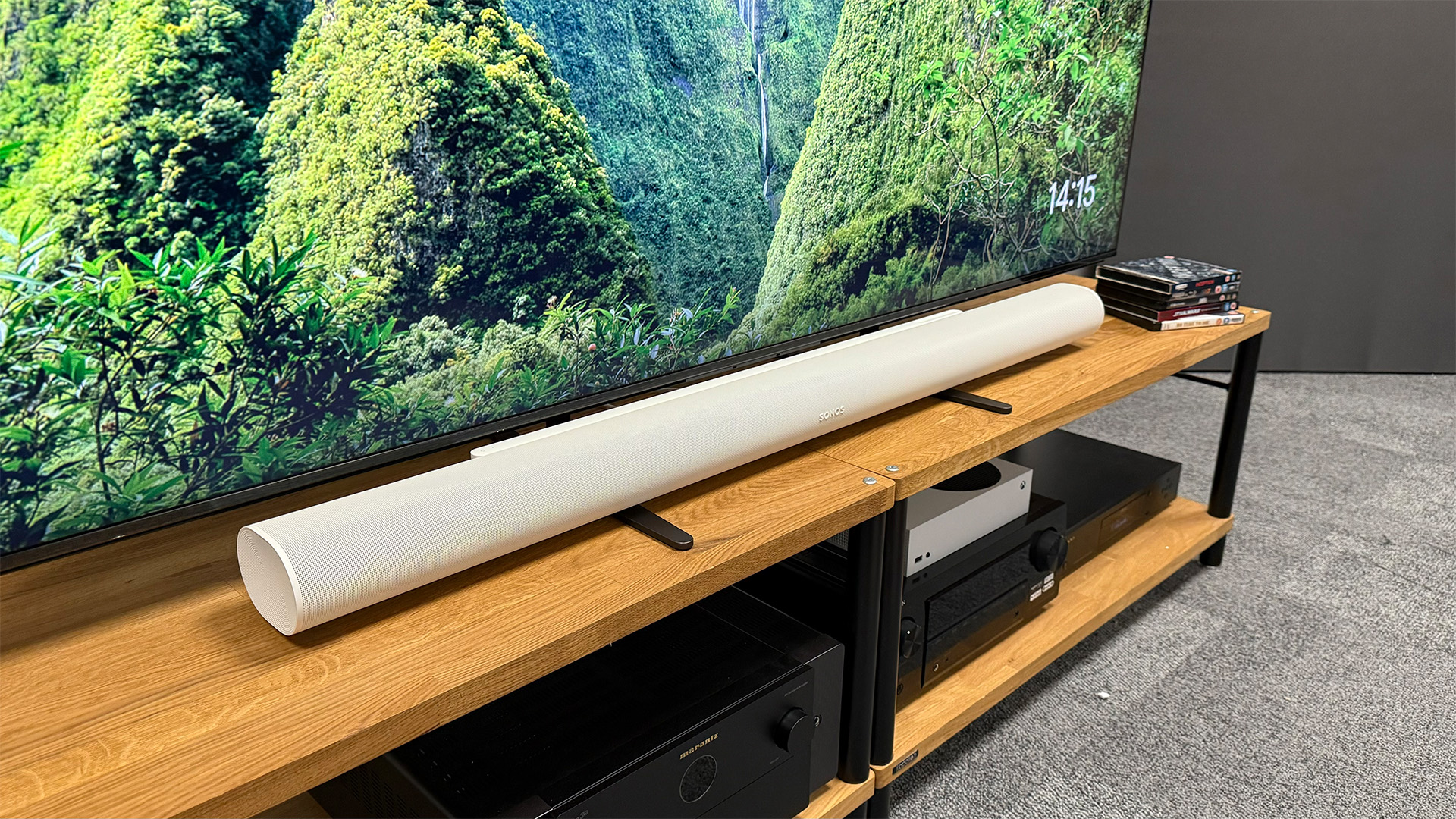
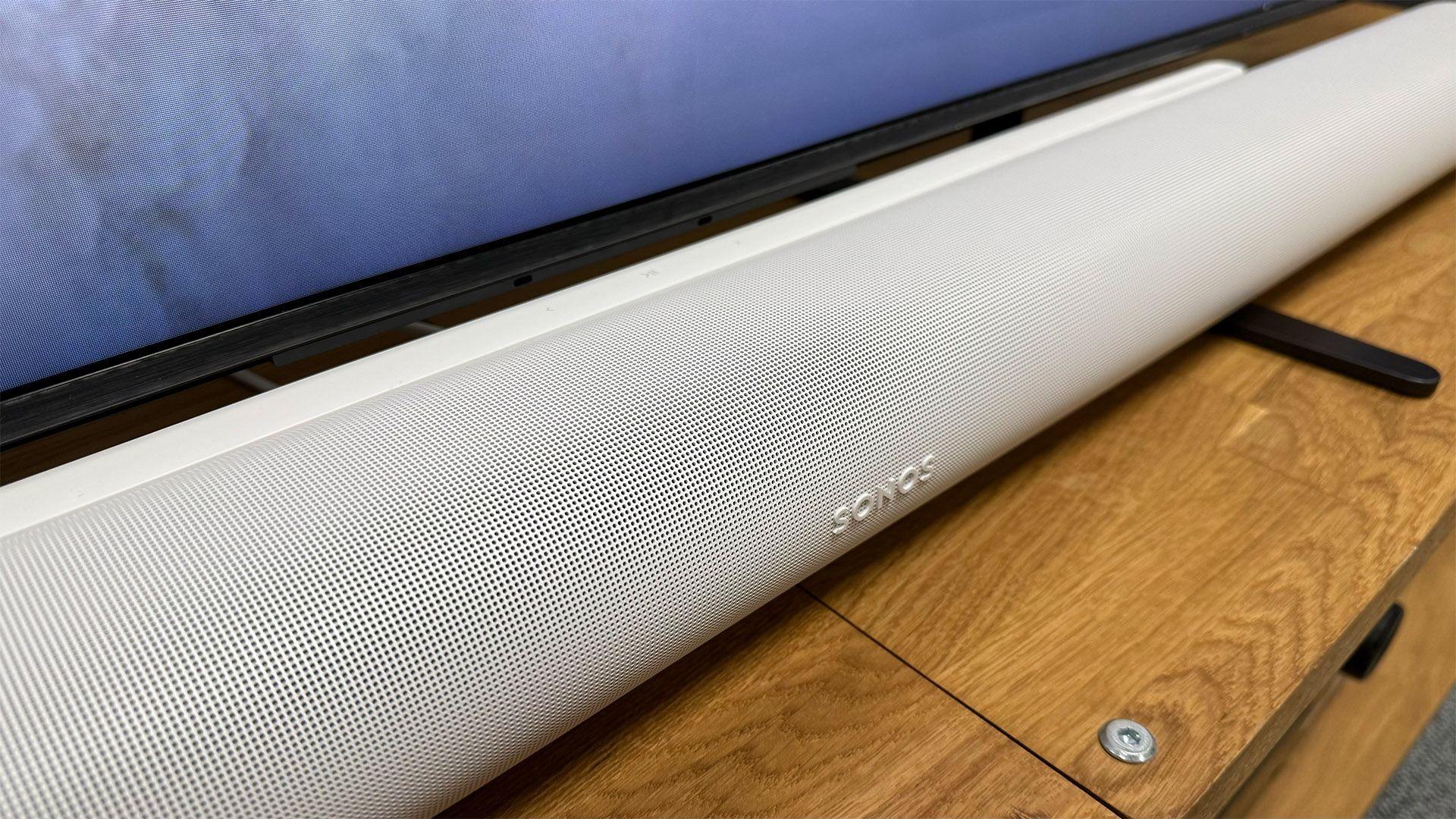
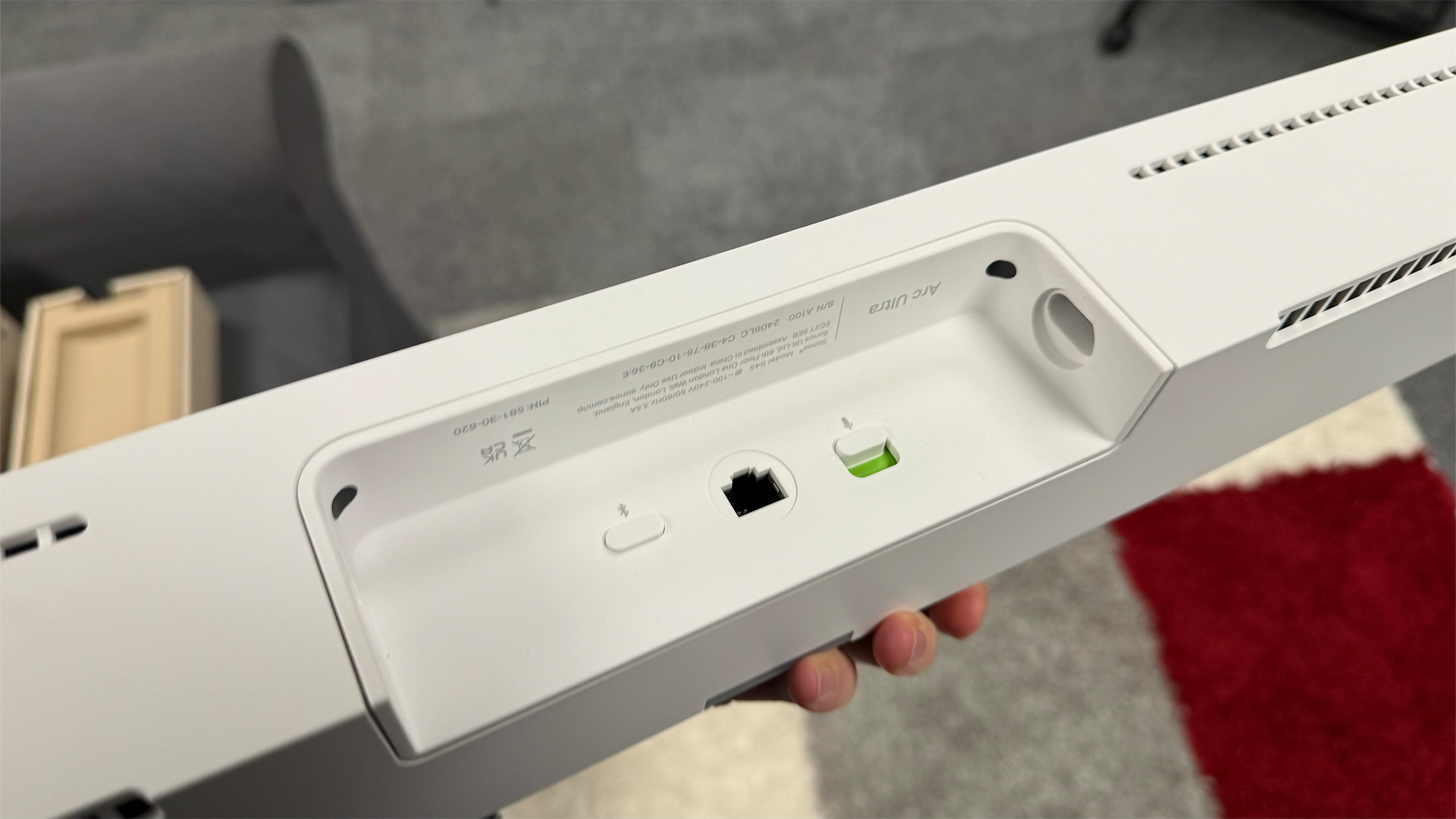
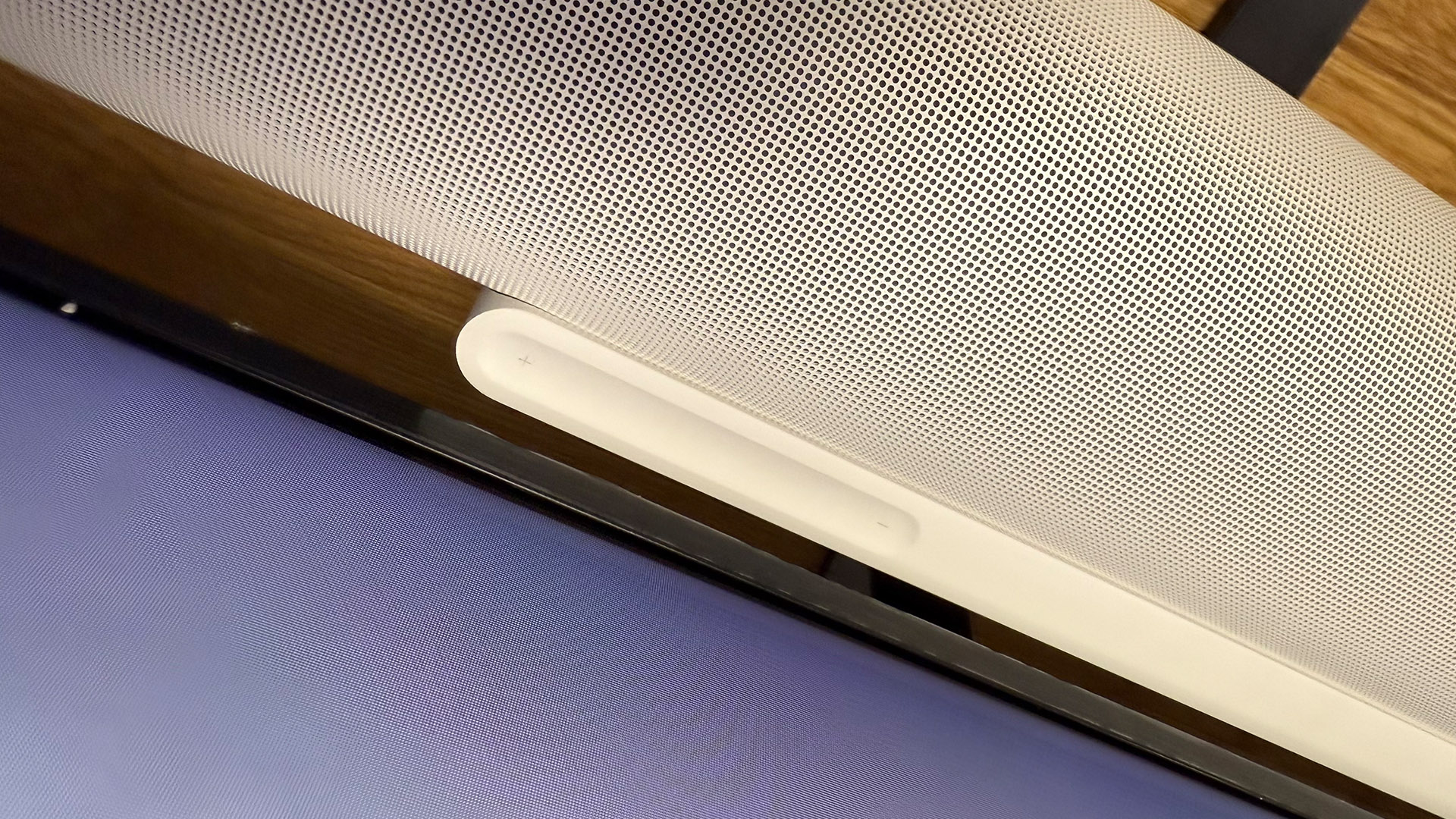
Specifications
Reasons to buy
Reasons to avoid
If your idea of a soundbar doesn’t include any extraneous speakers like you get with the Samsung HW-Q990D (above), the Sonos Arc Ultra should be at the top of your shopping list.
We already loved the five-star, Award-winning Sonos Arc, so the idea of an improved version was very appealing, and the Ultra doesn’t disappoint. To the naked eye it looks identical to its predecessor, but the new model is a touch wider and not quite as tall. It still measures 114cm from end to end, though, so it’s best-suited to bigger TVs.
The big differences come underneath the grille, with seven tweeters, six midrange woofers, and a 'Sound Motion' woofer all combining to create a 9.1.4-channel configuration powered by 15 Class D amplifiers. That’s a notable upgrade from the original.
The result is a noticeable improvement in the way it handles bass, with a great combination of weight and control, but that’s just the beginning of its talents. The way it places particular sounds around you is particularly impressive, with loads of detail and dynamism.
For such a technologically impressive soundbar, though, there are some disappointments. While the setup experience and TruePlay customisation are slick the app itself isn't great, although it’s hardly something you’ll feel the need to use every day. The lack of extra HDMI inputs might also be frustrating if the TV you're planning to plug it into doesn’t have many.
Those minor quibbles aside, the Sonos Arc Ultra is certainly a soundbar that lives up to its name.
Read the full Sonos Arc Ultra review

If you change your mind at a later date and want to add some extra bass and a couple of satellite speakers to your Arc Ultra setup, it’s possible to create what Sonos calls the 'Ultimate Immersive Set’ by adding a Sonos Sub and a couple of the Atmos-capable Era 300 speakers, but be aware that doing so will get pretty expensive.
The best wireless speaker system
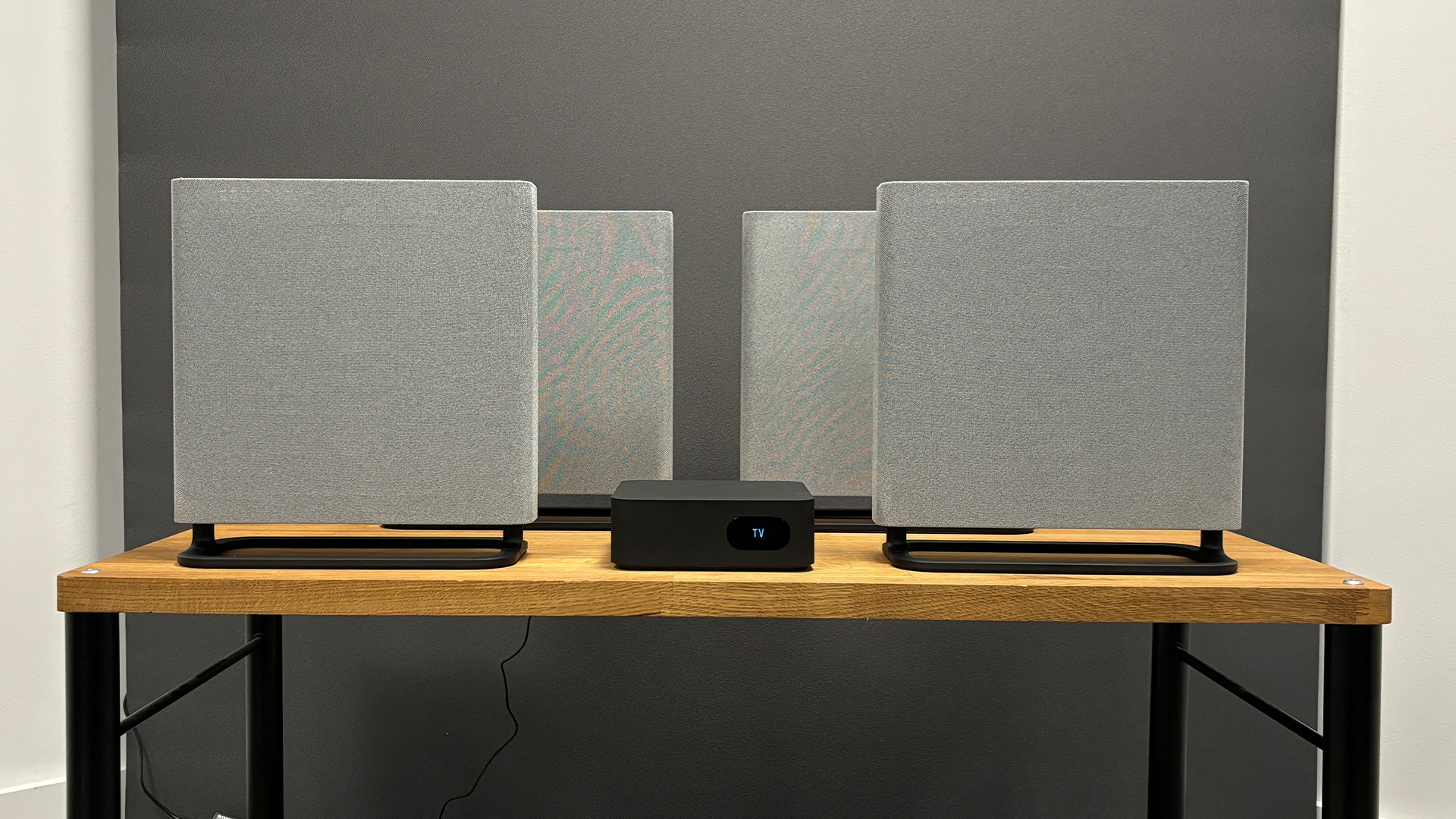
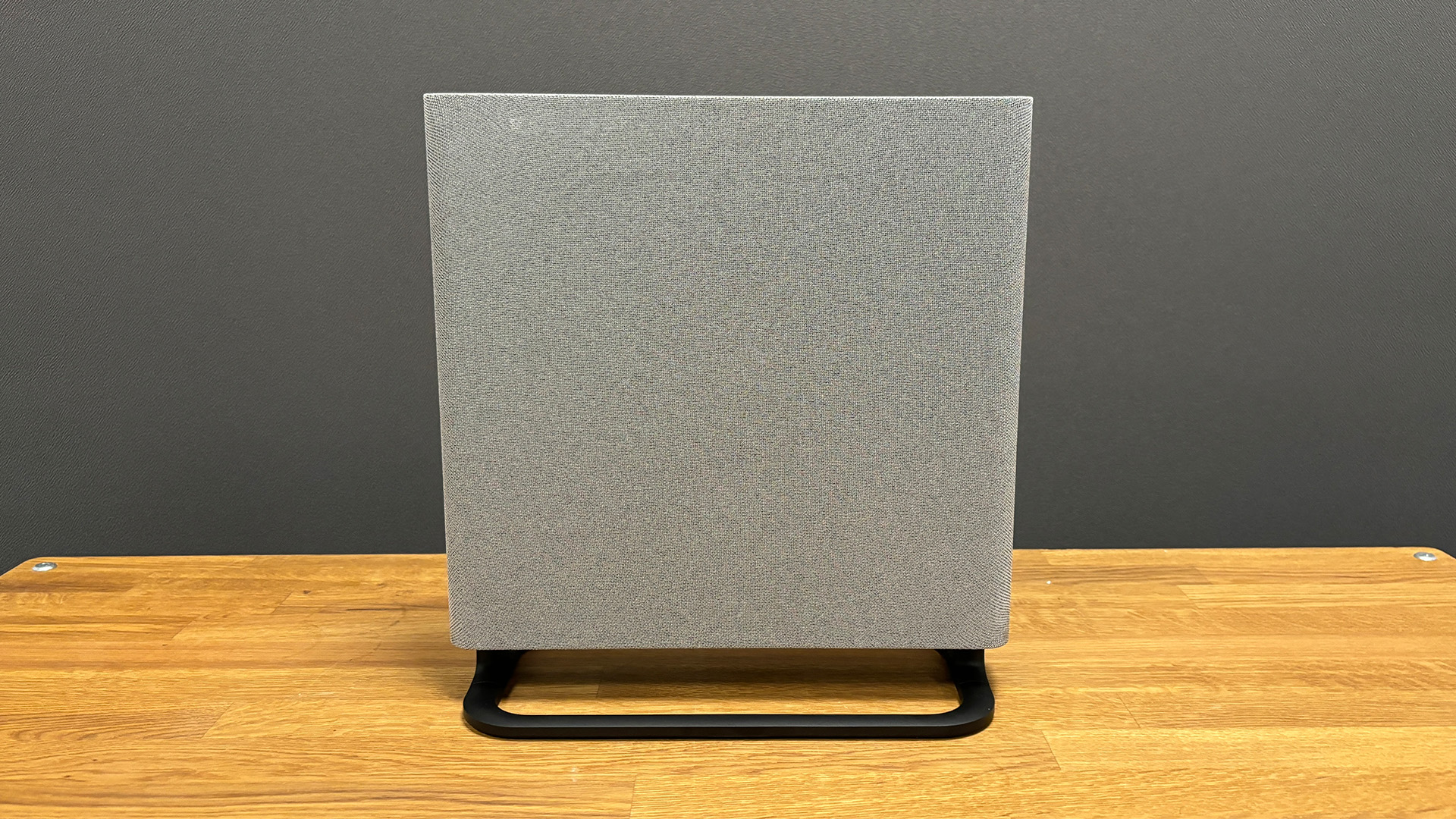
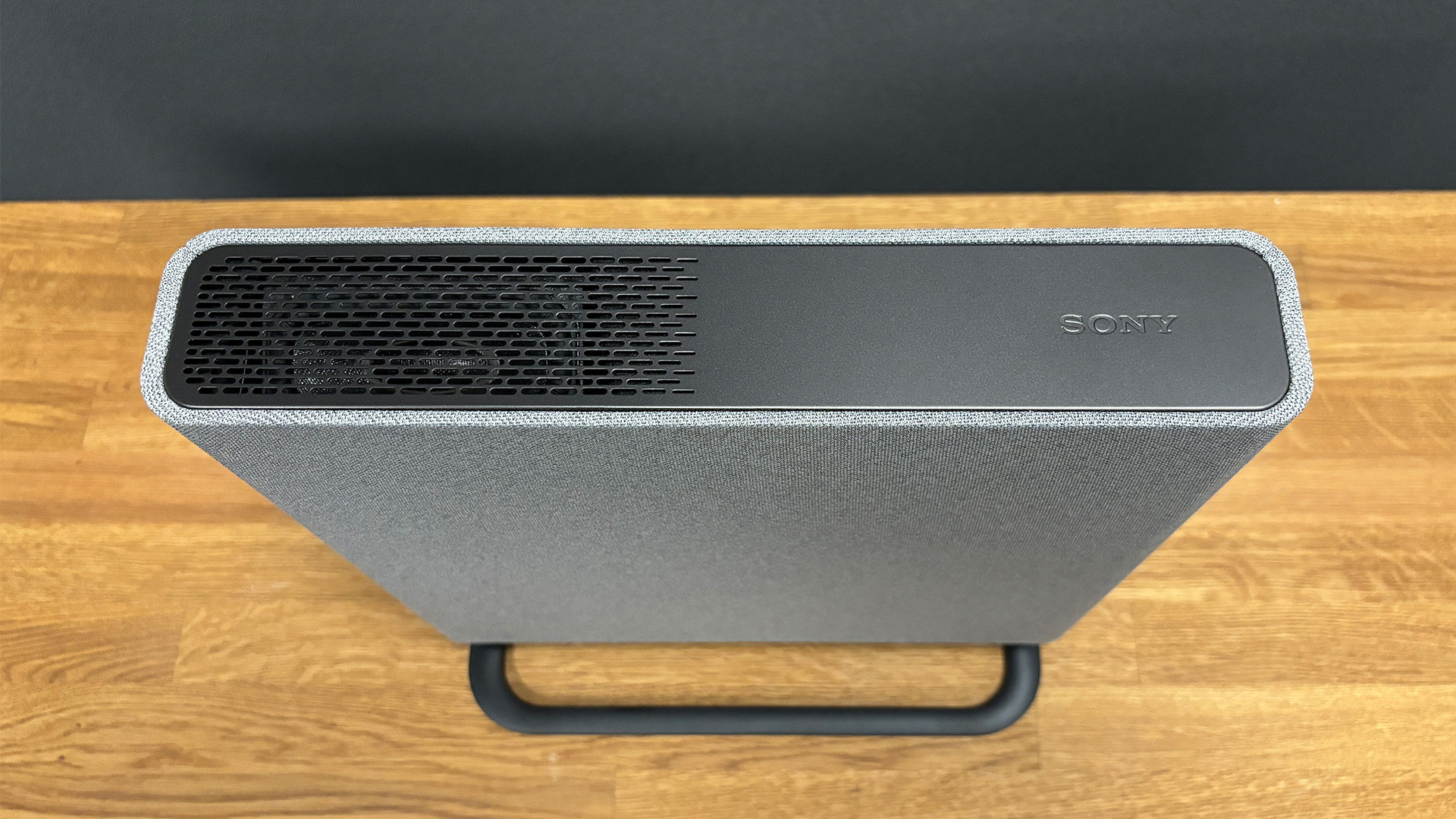
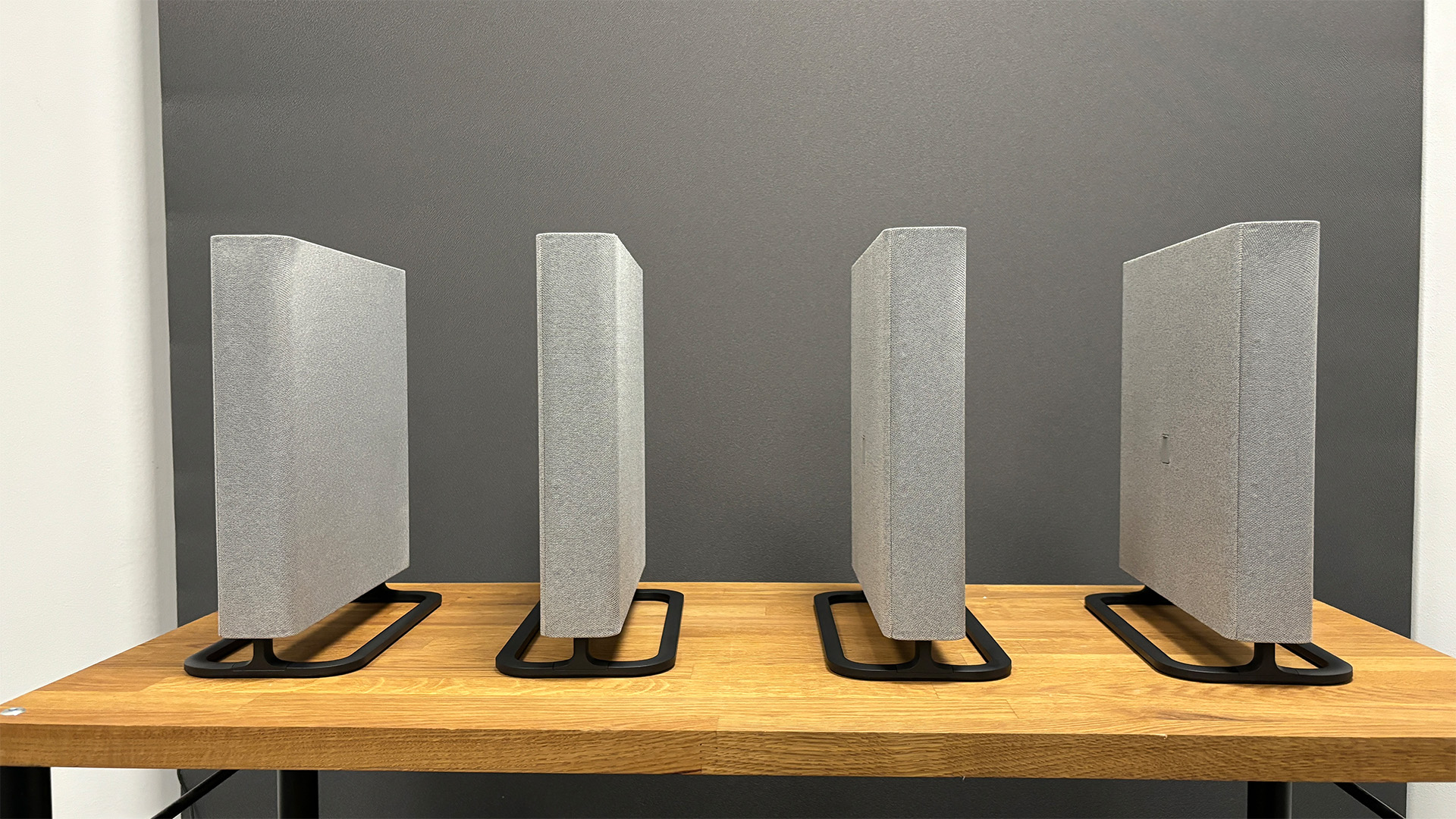
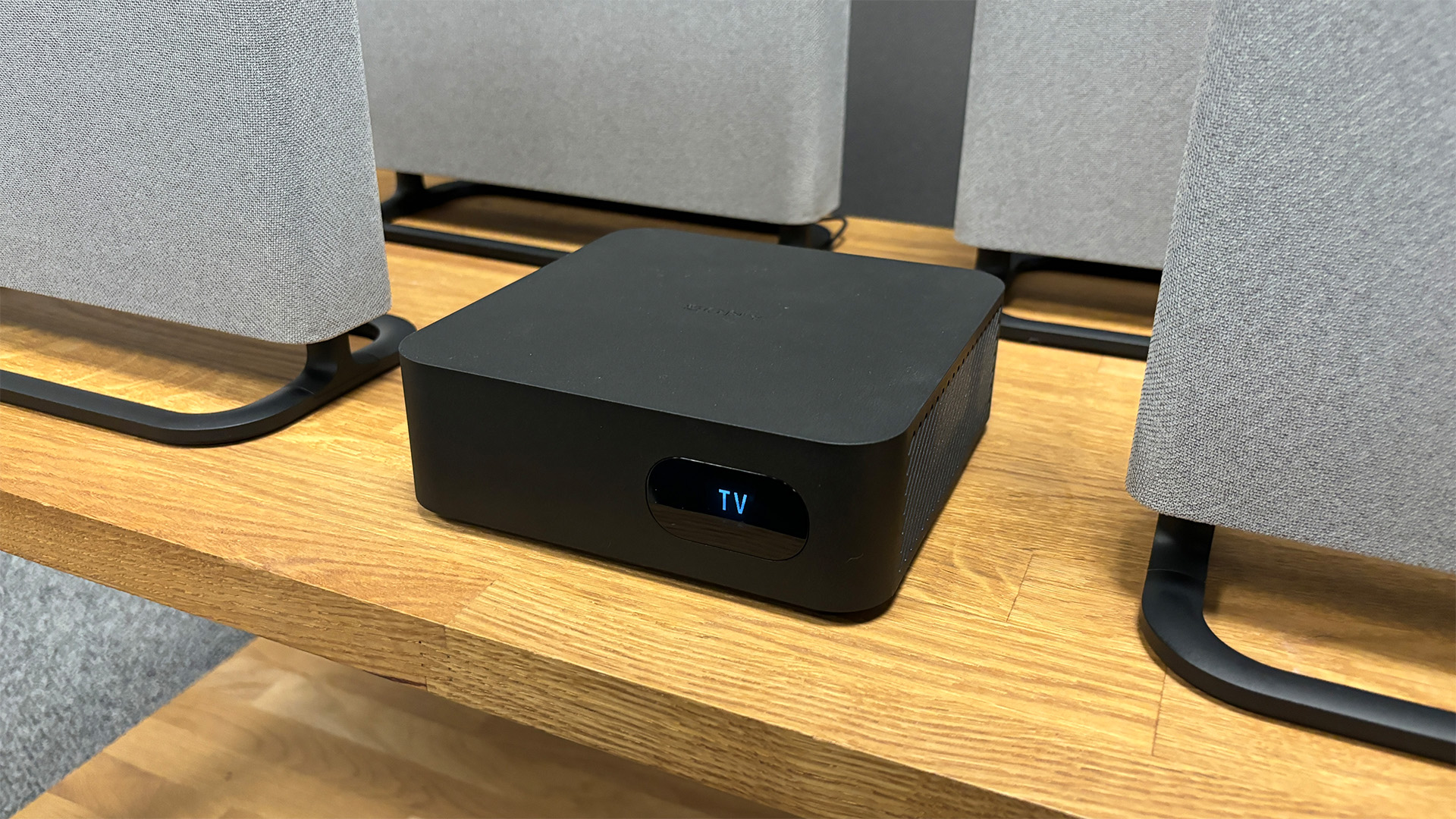
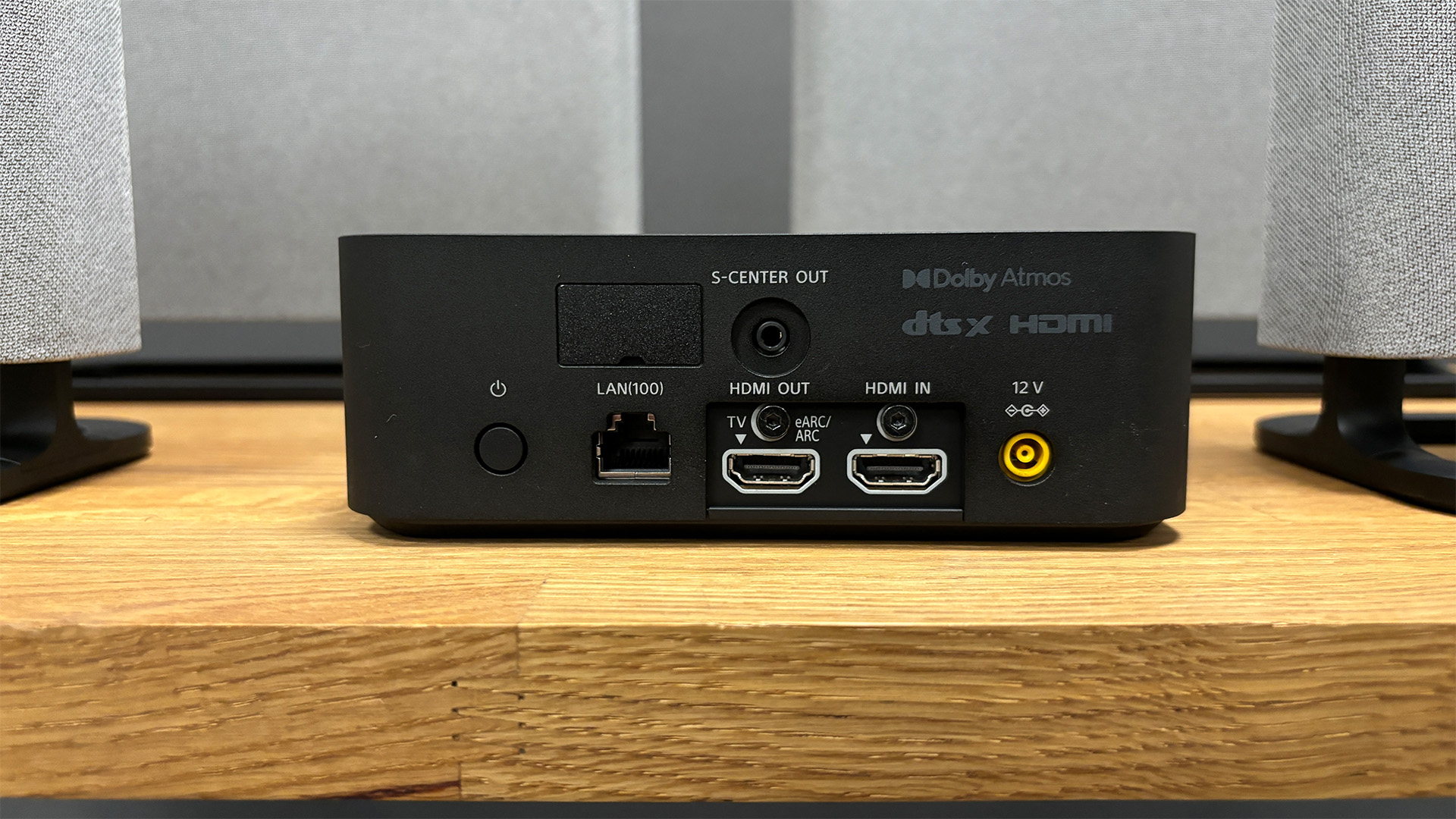
Specifications
Reasons to buy
Reasons to avoid
Sony had a mammoth task on its hands when it set out to replace the fantastic HT-A9 wireless surround sound system, which it launched in 2021. Its answer to an updated speaker system was the Bravia Theatre Quad, a slimmer and more modernised take on the concept, and in many ways it was a considerable upgrade.
It's 16 channels, driven by 504W of amplification, delivers an immersive and engaging sound, aided by the inclusion of Dolby Atmos support. The HT-A9, on the other hand, featured 14 drivers in total; which is still impressive, but the Quad easily overshadows its predecessor.
We also praised its easy plug-and-play setup process, which is simple, efficient and tidy. There's no need to trail cables around your living room, and the Bravia Connect app leads you through the setup with an automatic calibration process that uses the microphone in your smartphone to tailor the sound to your space.
Sony was even kind enough to include an HDMI pass-through socket on the control hub box, which supports 4K/120Hz signals and HDR video too.
The Bravia Theatre Quad does struggle with bass somewhat, and the pricey external subwoofer feels like a necessity if you want to get the most out of this system; however, the issue is that the Quad system itself is very expensive.
That being said, if wireless convenience and cinematic sound are your two main priorities, the Bravia Theatre Quad is still a brilliant option.
The best cheap soundbar
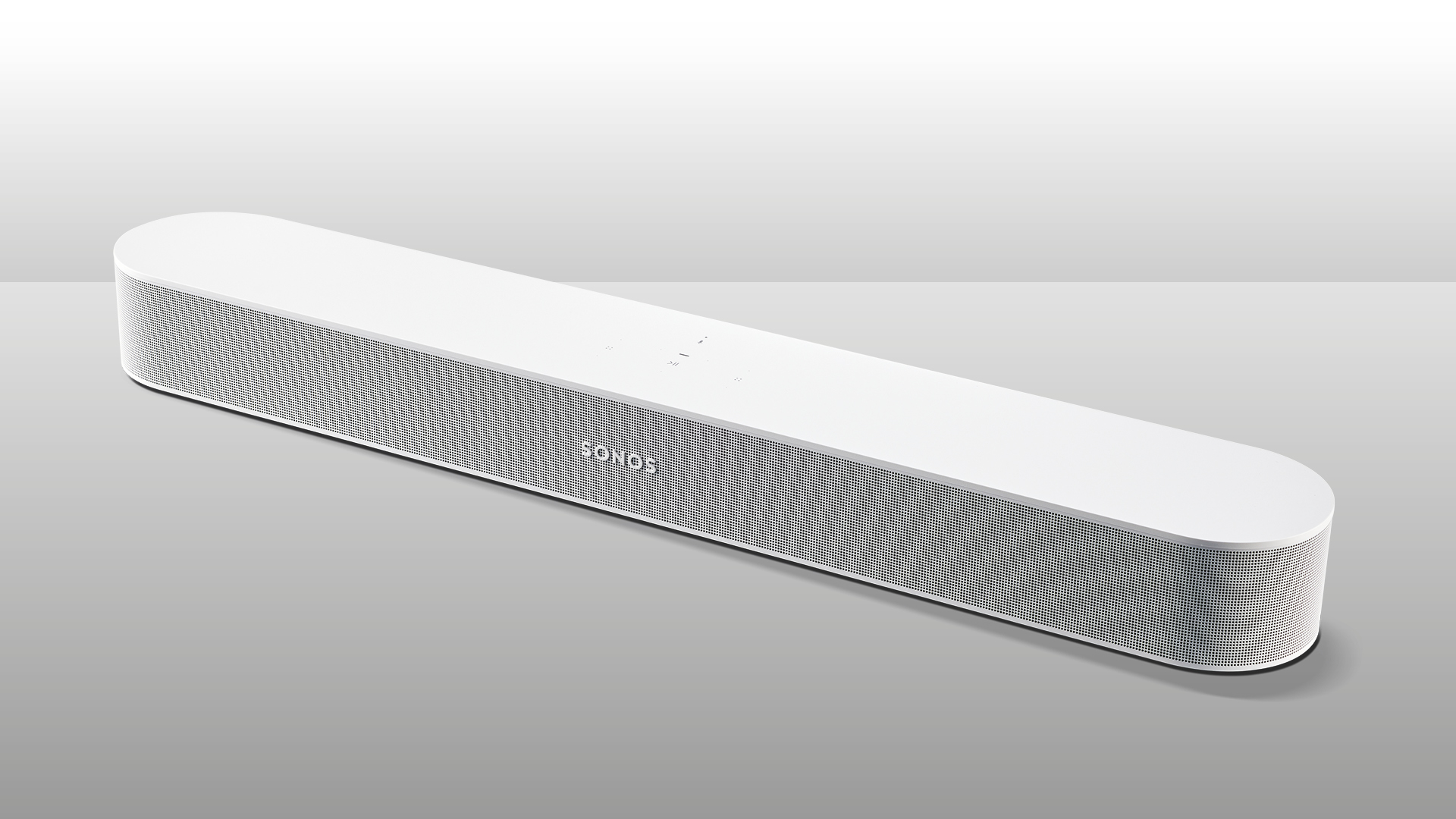
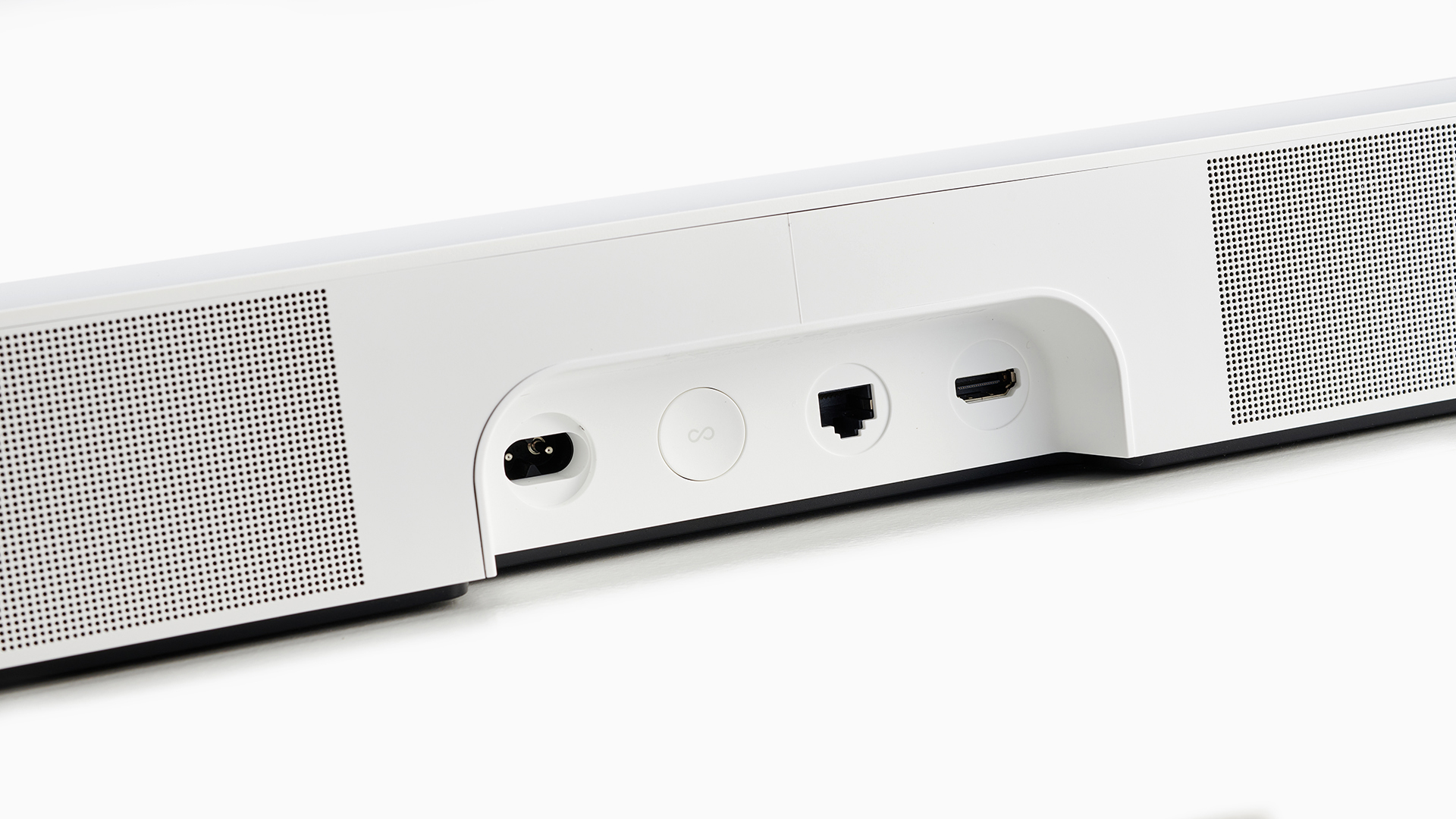
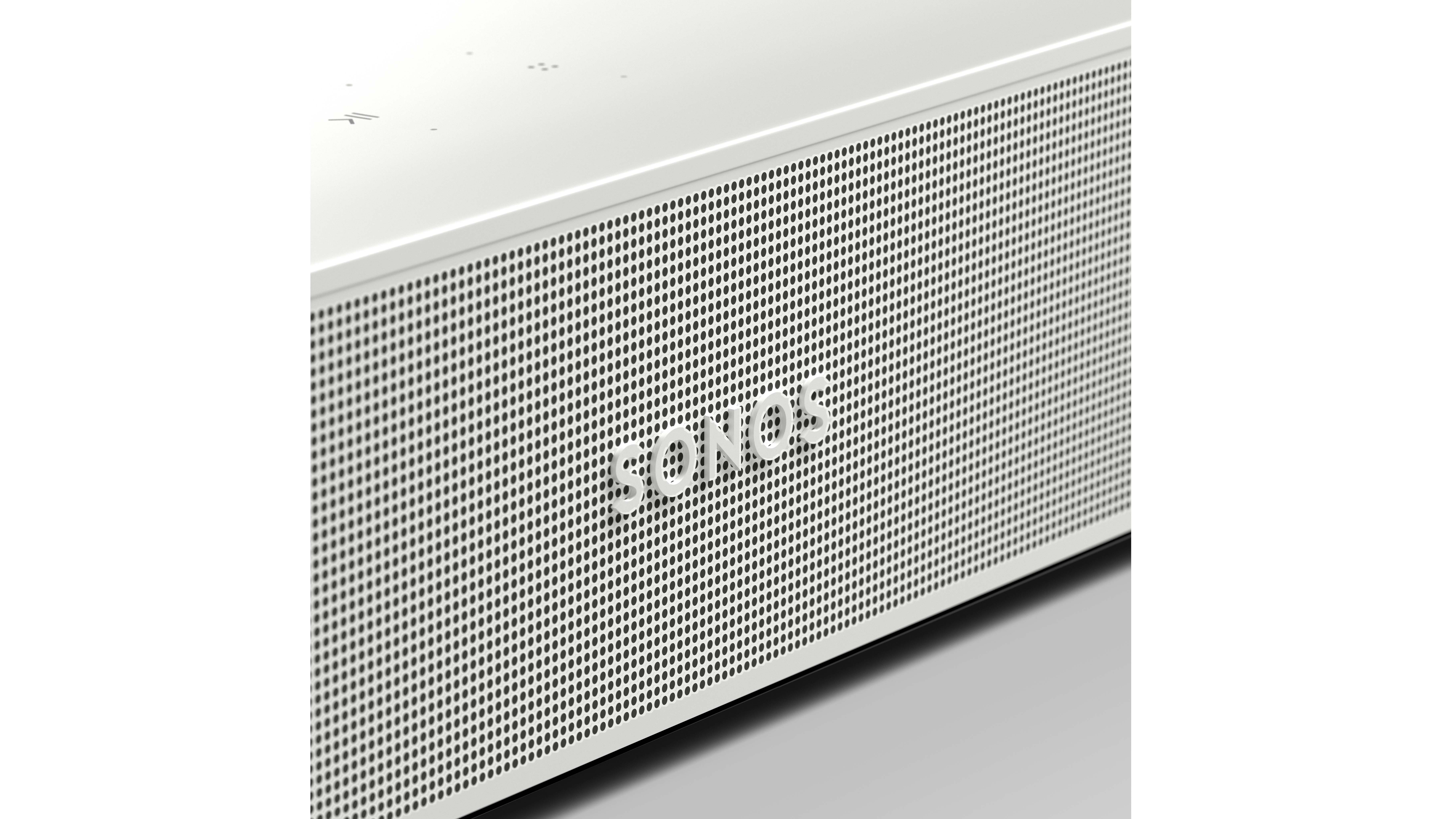
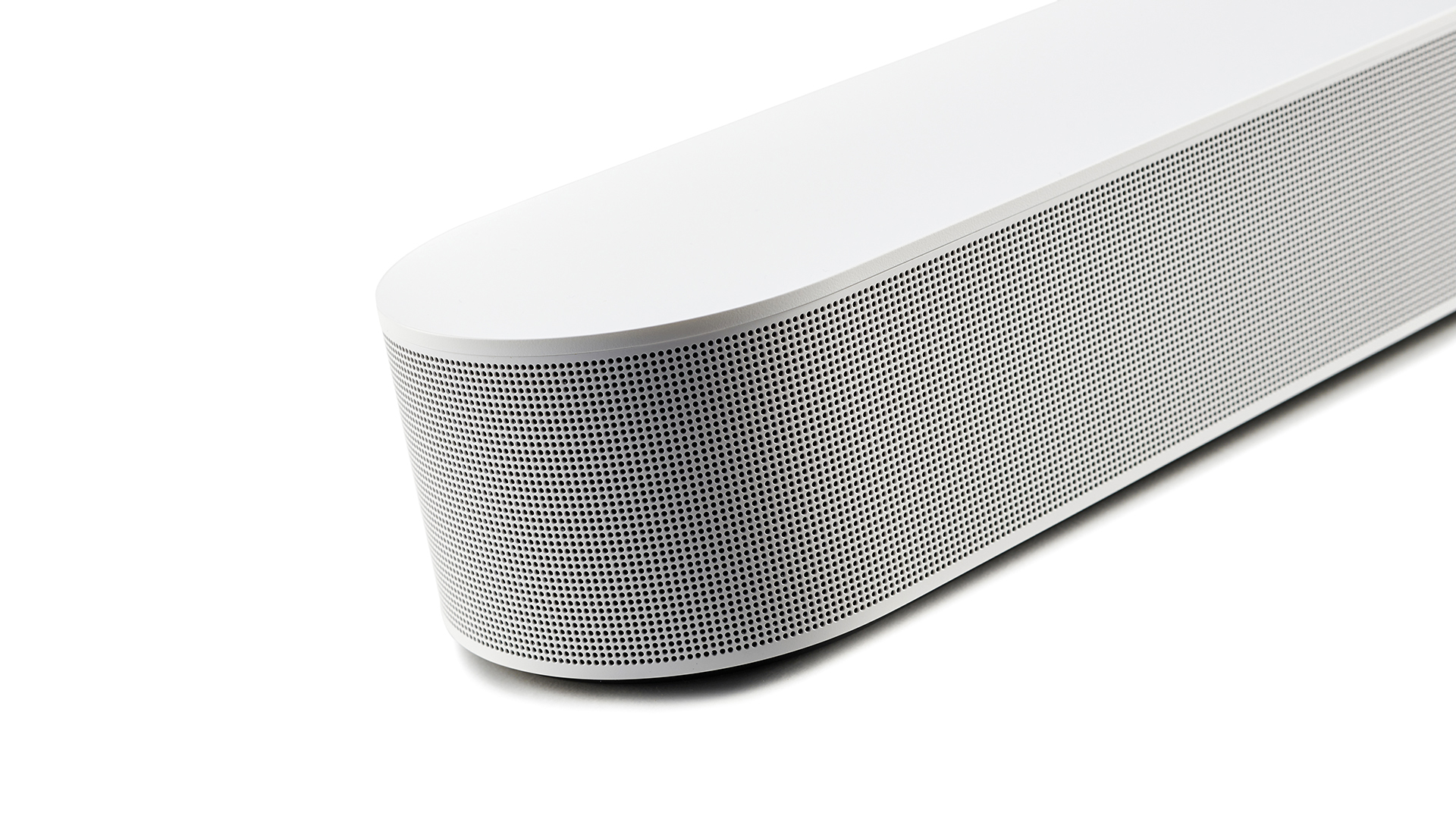
Specifications
Reasons to buy
Reasons to avoid
Delivering Dolby Atmos from a small chassis is no mean feat yet the Sonos Beam Gen 2 achieves a convincing, immersive performance without so much as a vertical speaker in sight. Instead, when watching Atmos content, two of the soundbar's five front-facing arrays are dedicated to reproducing overhead and surround sounds. The soundbar then deploys its significant processing power to give the impression of height using psychoacoustic HRTF (head-related transfer function) technology.
While genuine overhead sounds are perhaps a stretch too far for this petite performer, its virtual delivery of the Atmos format outstrips any similarly priced soundbar and even a few that are more expensive. All told, the Beam Gen 2 delivers a spacious, enveloping soundscape that is full of detail and features three-dimensional effects with tangible motion.
Want an even more impressive soundstage? You can add two One SL rear speakers (£358 / $358 / AU$538) and a Sub (£699 / $699 / AU$999) for a more traditional surround set-up.
Not that many soundbars at this price point come with networking capabilities, but this being a Sonos product, the Beam Gen 2’s ability to integrate into a wireless multiroom system is fundamental to its design. This means you can stream to the Beam Gen 2 from a handheld device using Apple AirPlay 2, and Spotify Connect is built-in too. It also supports Amazon Music Ultra HD audio, which gives you access to lossless 24-bit/48kHz tracks as well as Dolby Atmos Music.
Despite the lack of upward drivers, if space and budget are limited there isn't a better Dolby Atmos soundbar that we would recommend.
Read the full Sonos Beam Gen 2 review
The best cheap soundbar system
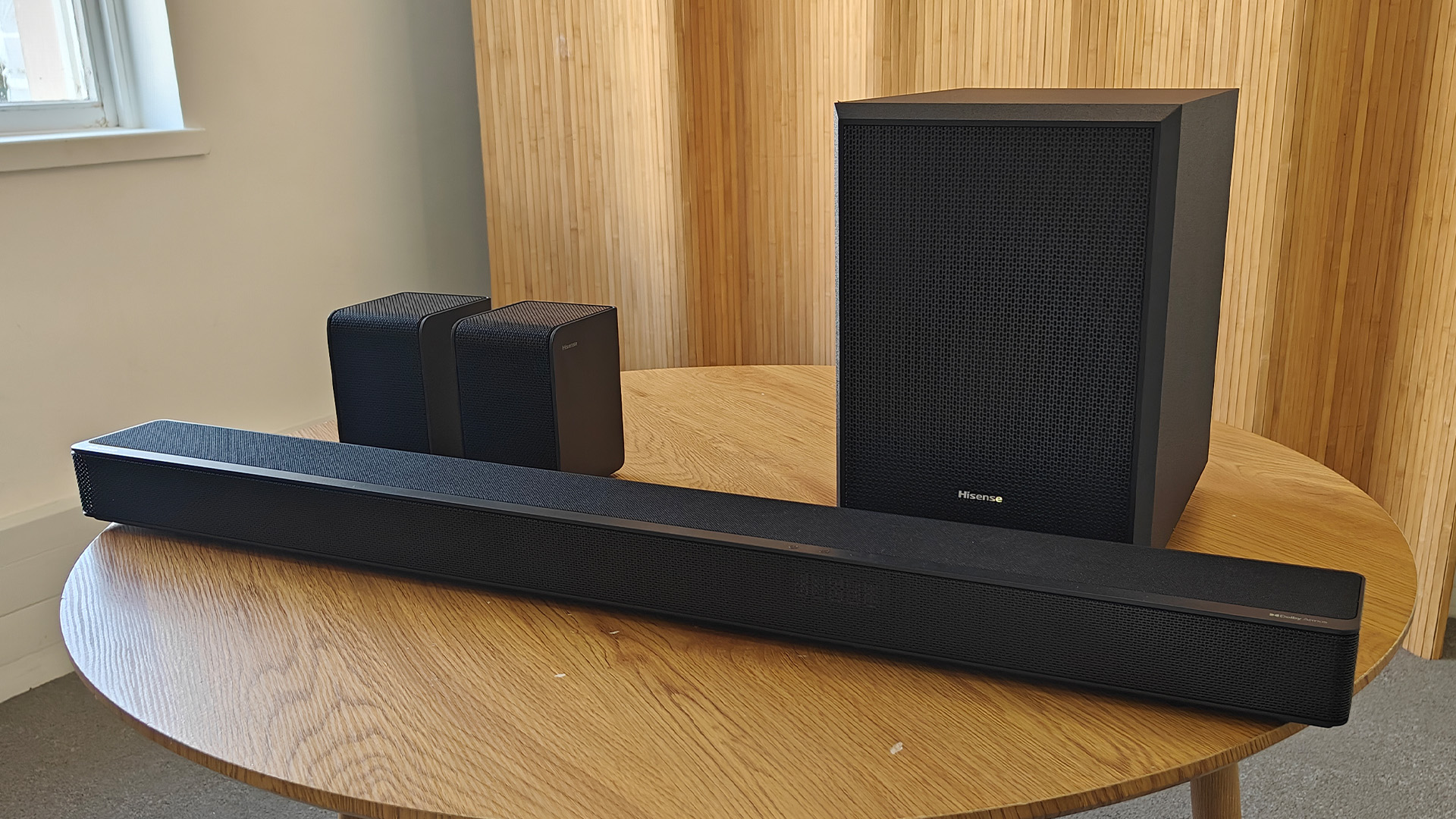
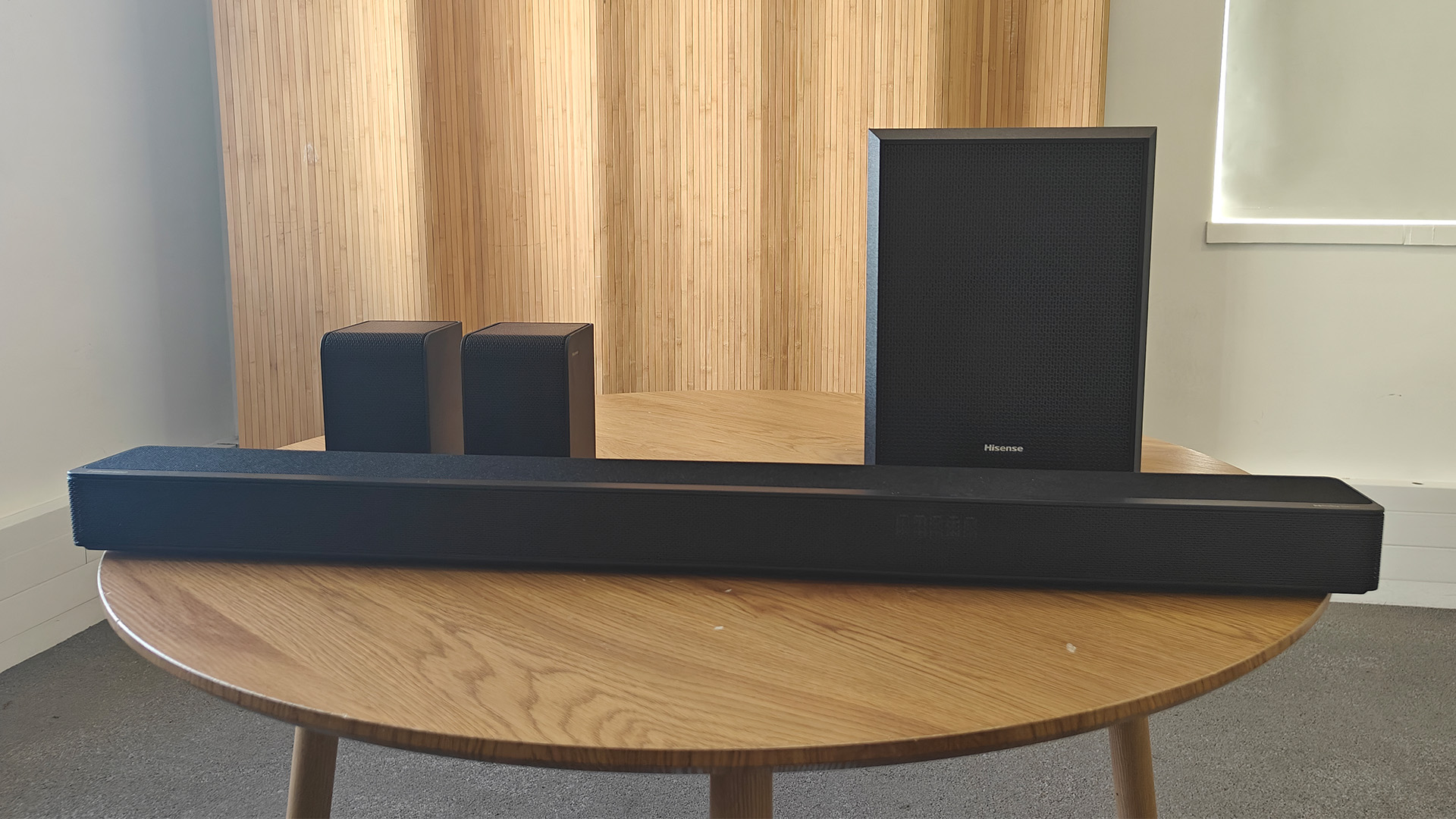
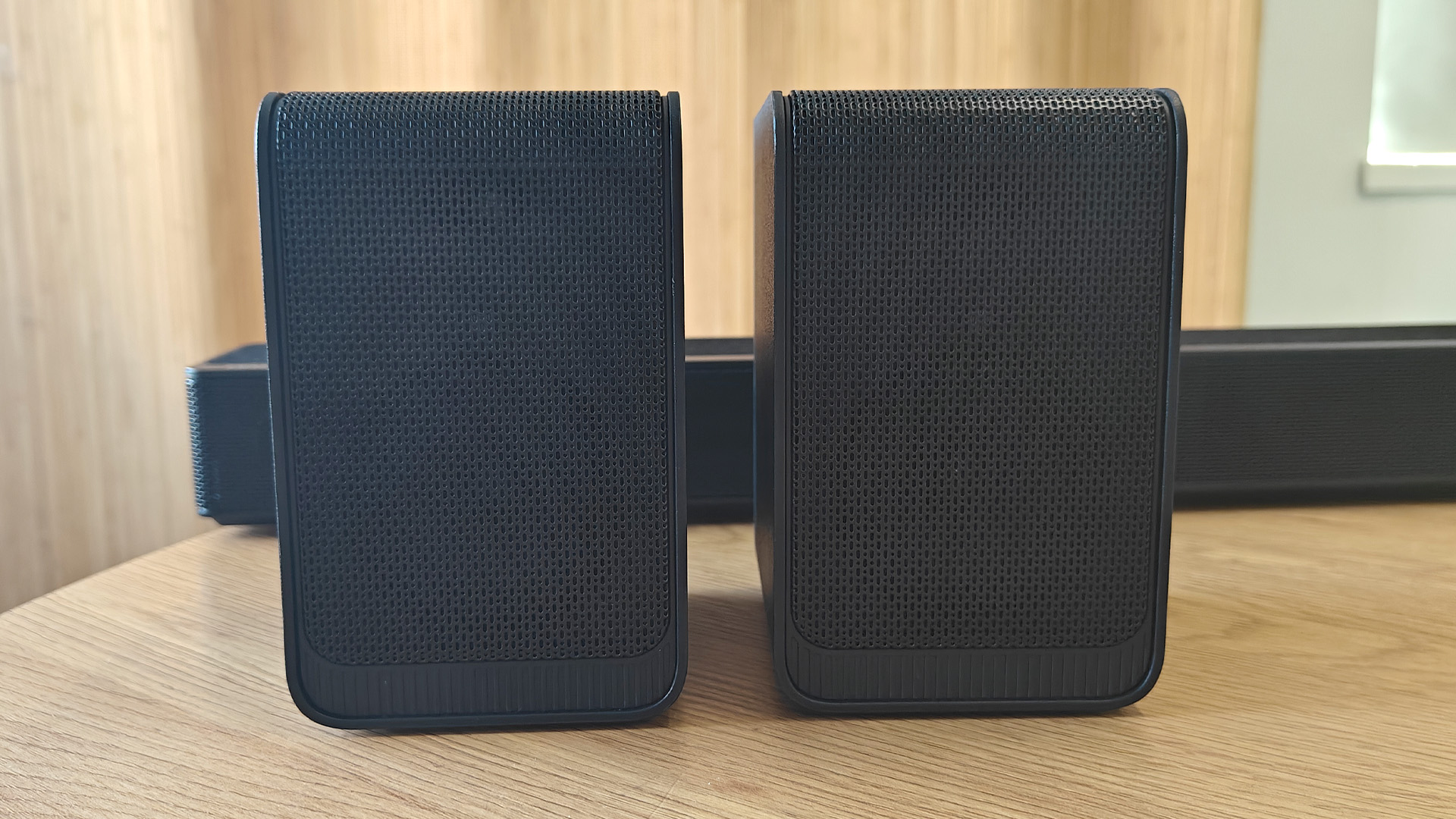
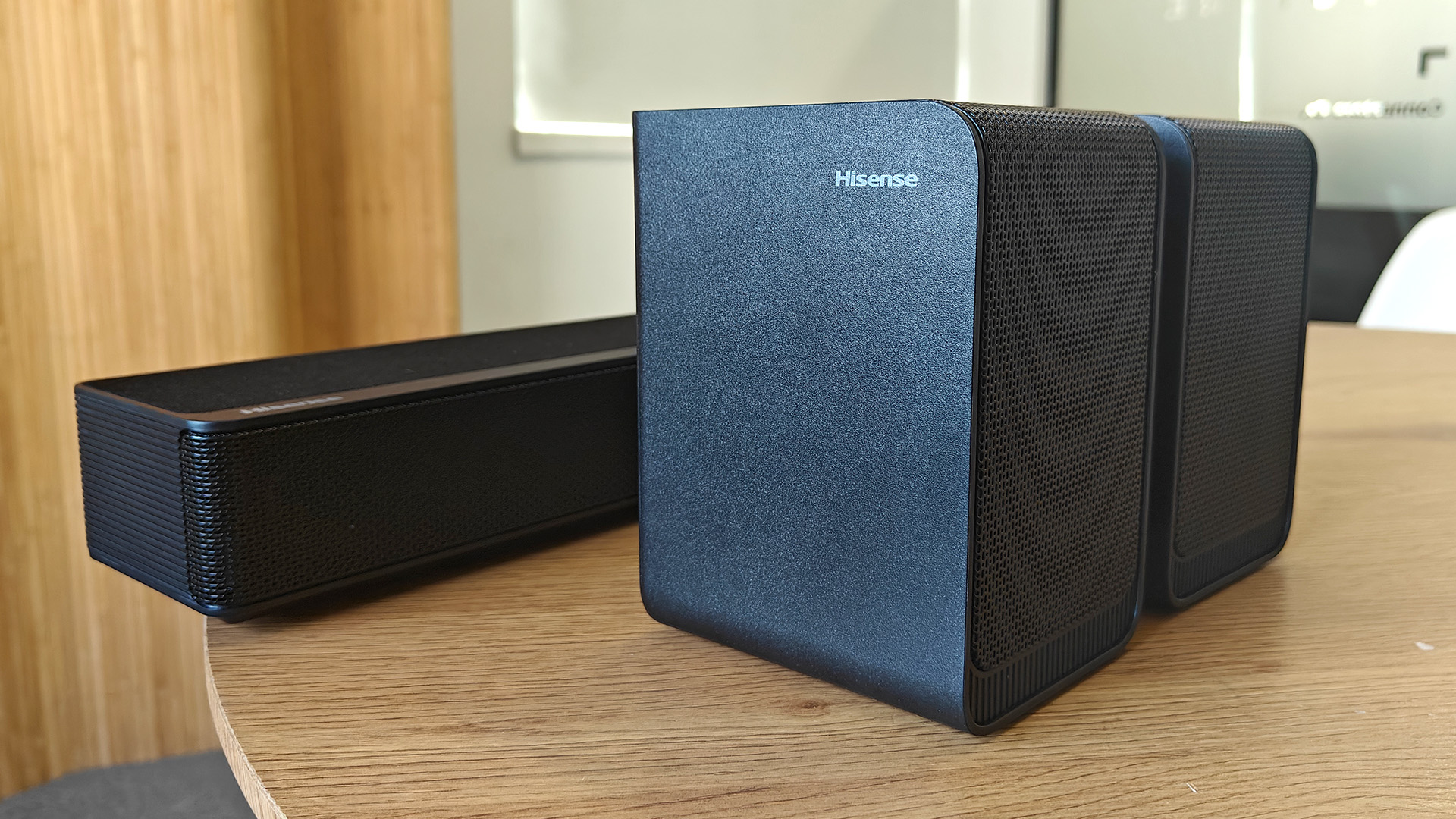
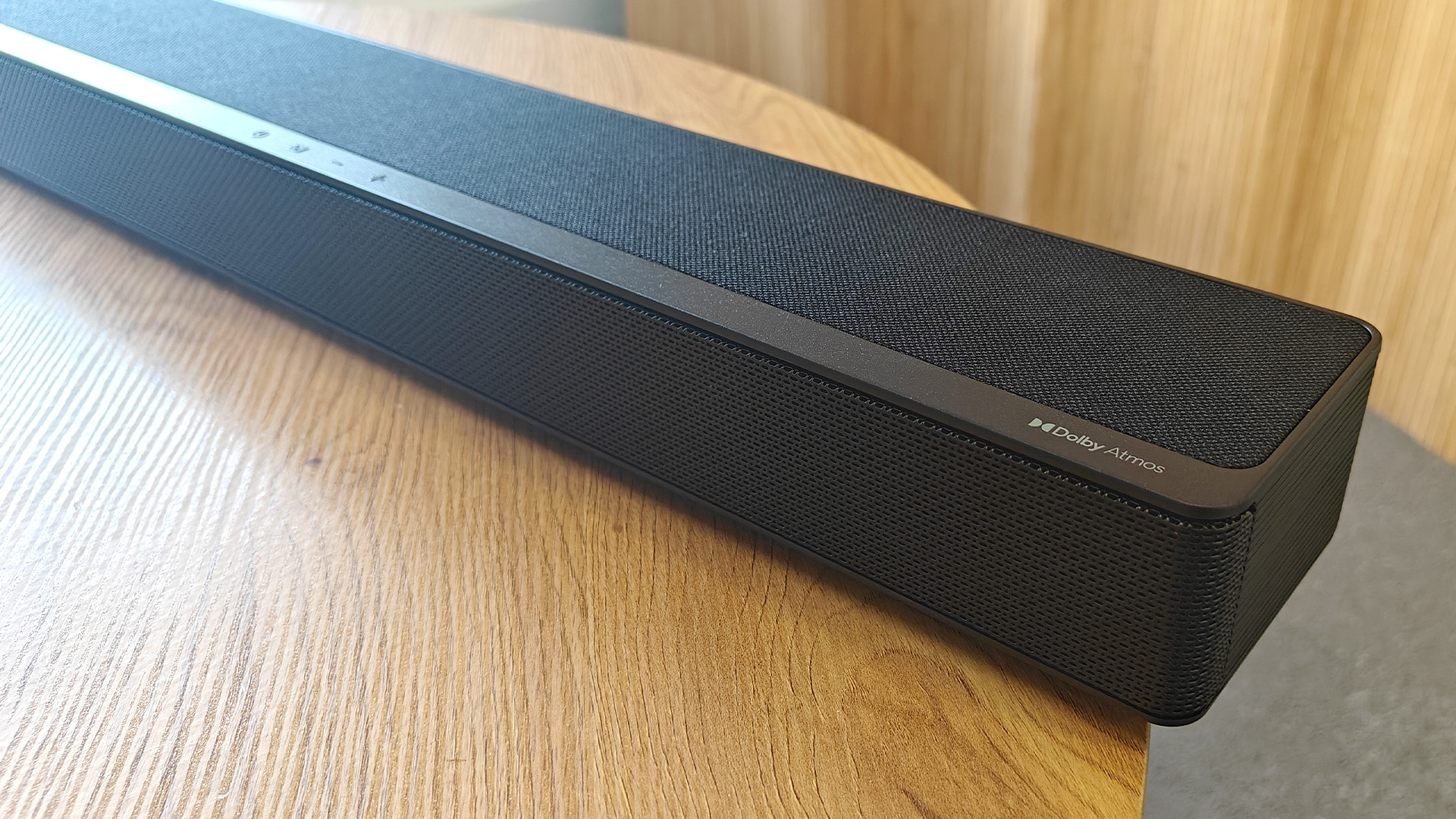
Specifications
Reasons to buy
Reasons to avoid
If your budget doesn't stretch to the Samsung HW-Q990F (see above), then don't fret; Hisense has an alternative that costs a fraction of the Samsung system. The AX5125H doesn't score any points for its confusing name, but it makes up for that with a home cinema sound experience that greatly surpasses its shockingly low price tag.
It's a well-built, functional system that may not look as visually appealing as the rest of the options on this list, but the money saved has clearly gone towards making a system that punches way above its weight sonically.
Despite its small footprint, the system delivers a weighty, spacious sound that caught us off guard in our full review. We admit, we had some reservations going into our testing of the AX5125H, but its cinematic audio quickly dispelled those.
It manages to envelop us in a convincing display of surround sound, with a superb sense of Dolby Atmos height effects that soar over the seating position and dynamically move towards the rear speakers.
Bass is punchy and impactful, and while it can get a tad overexcited in certain instances, it's still a hugely impressive subwoofer for the price. It's also wireless, as are the surround speakers, and setup is a breeze, making this system super convenient overall.
If you're looking for an impressive system that doesn't break the bank, then this Hisense package is a compelling option indeed.
Read our full Hisense AX5125H review
The best compact speaker package
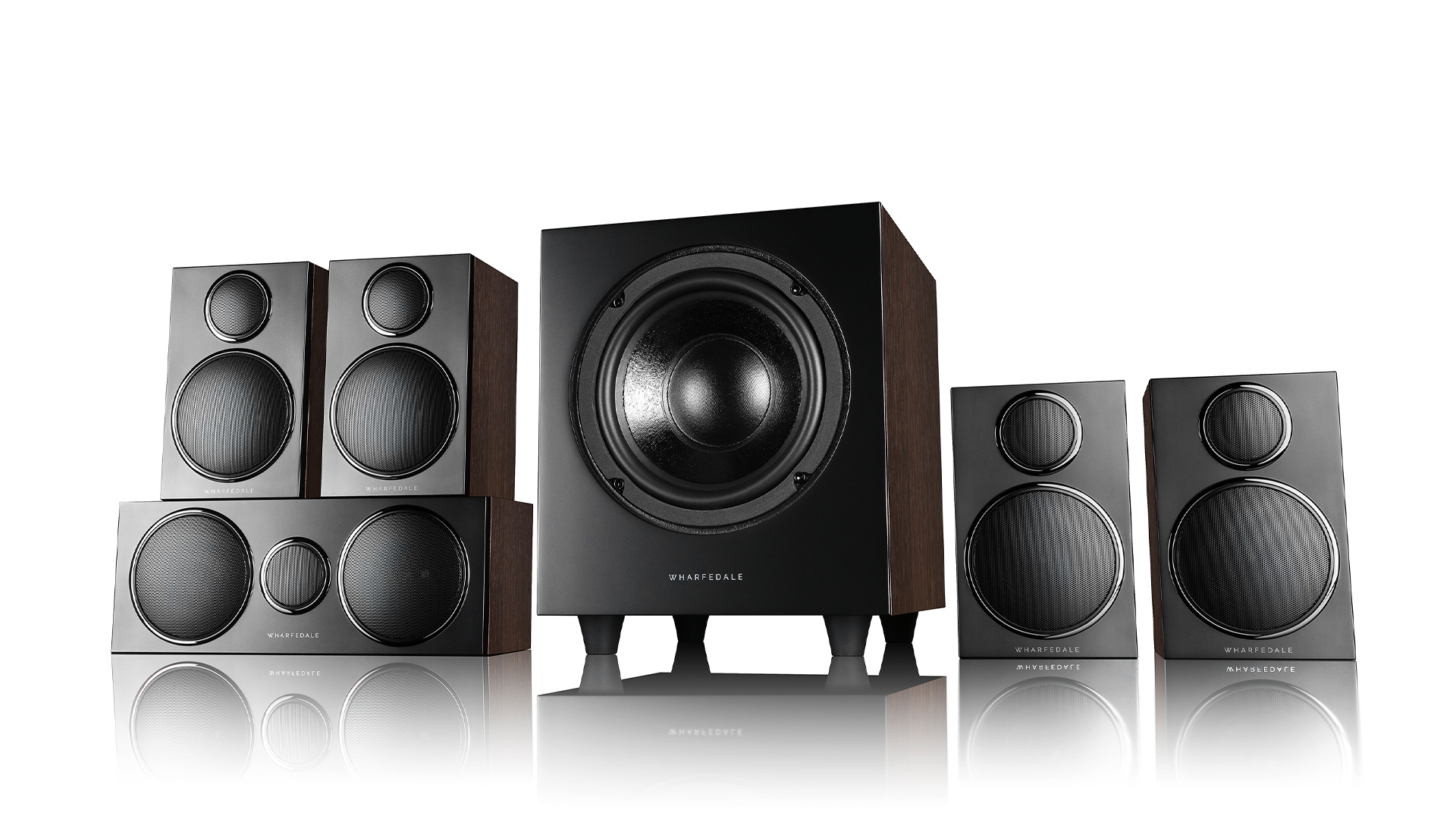
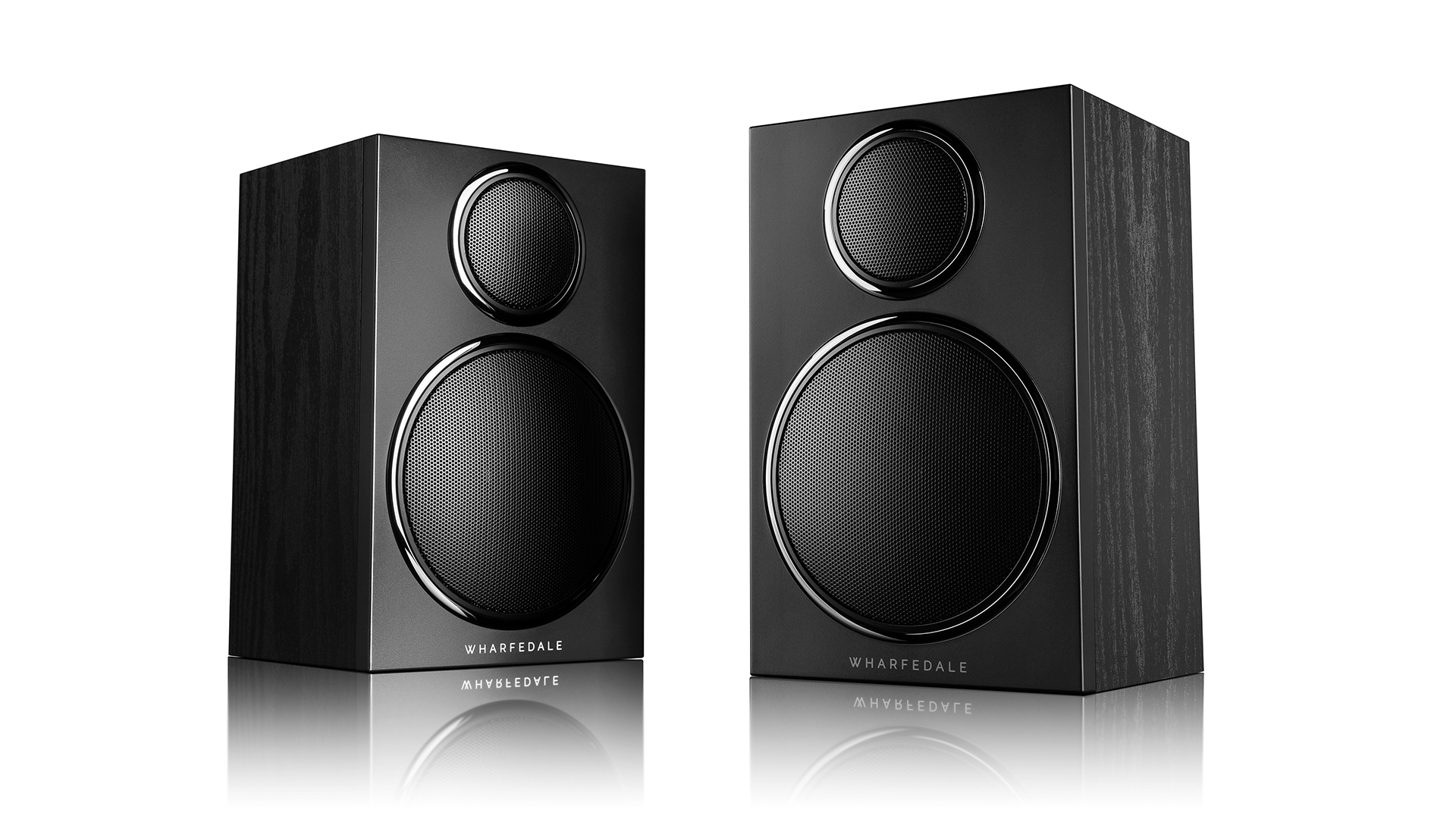
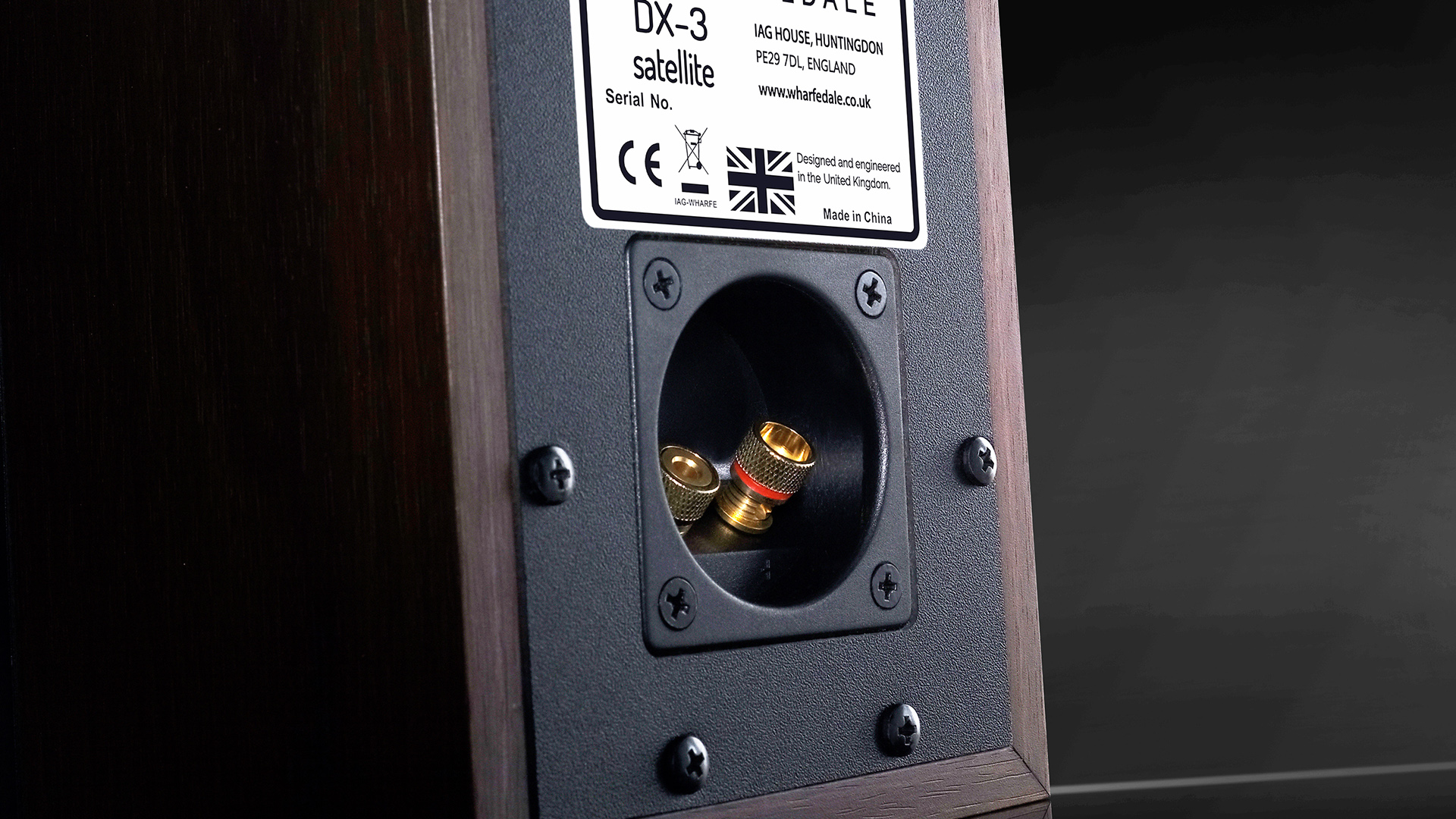
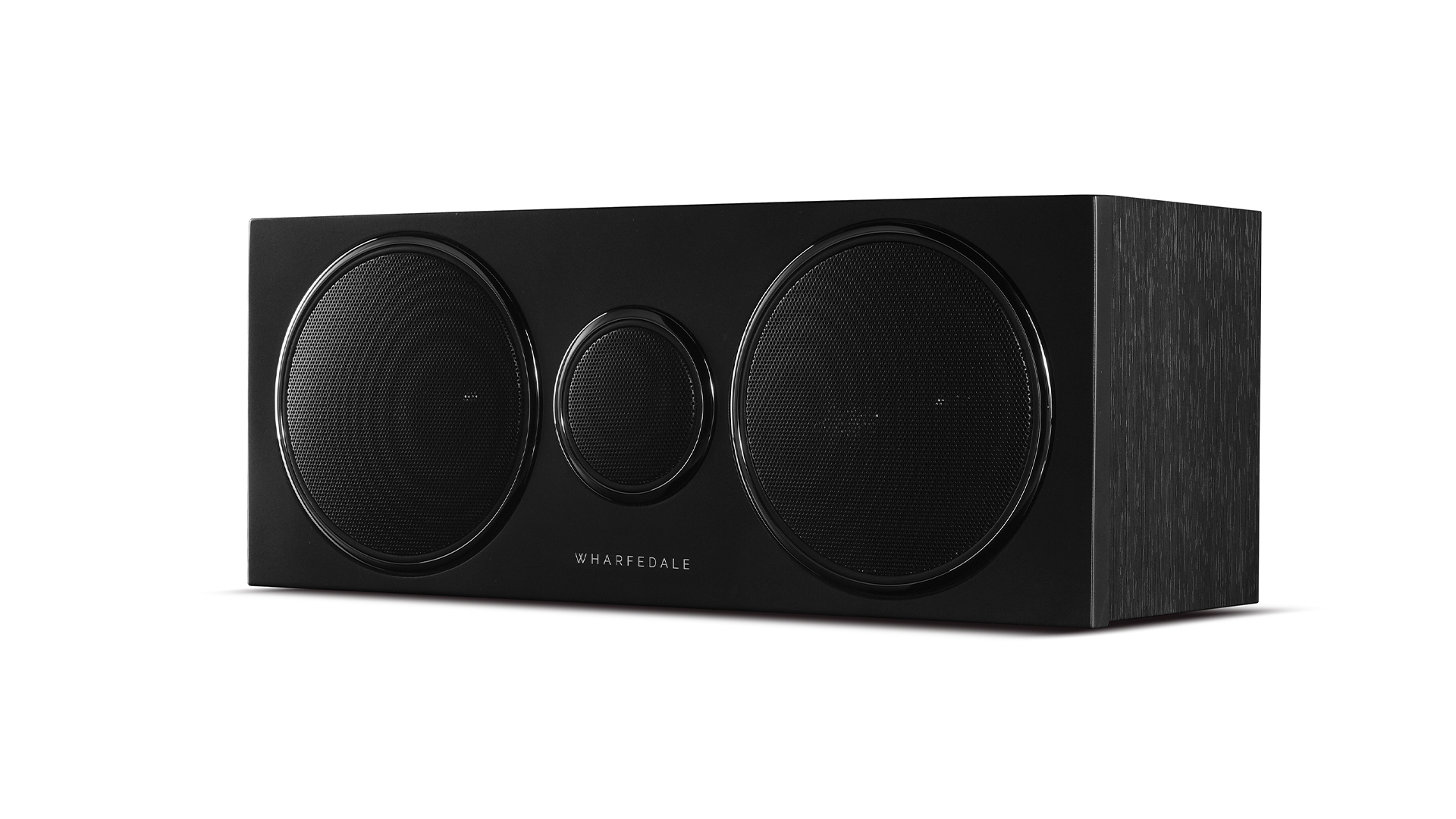
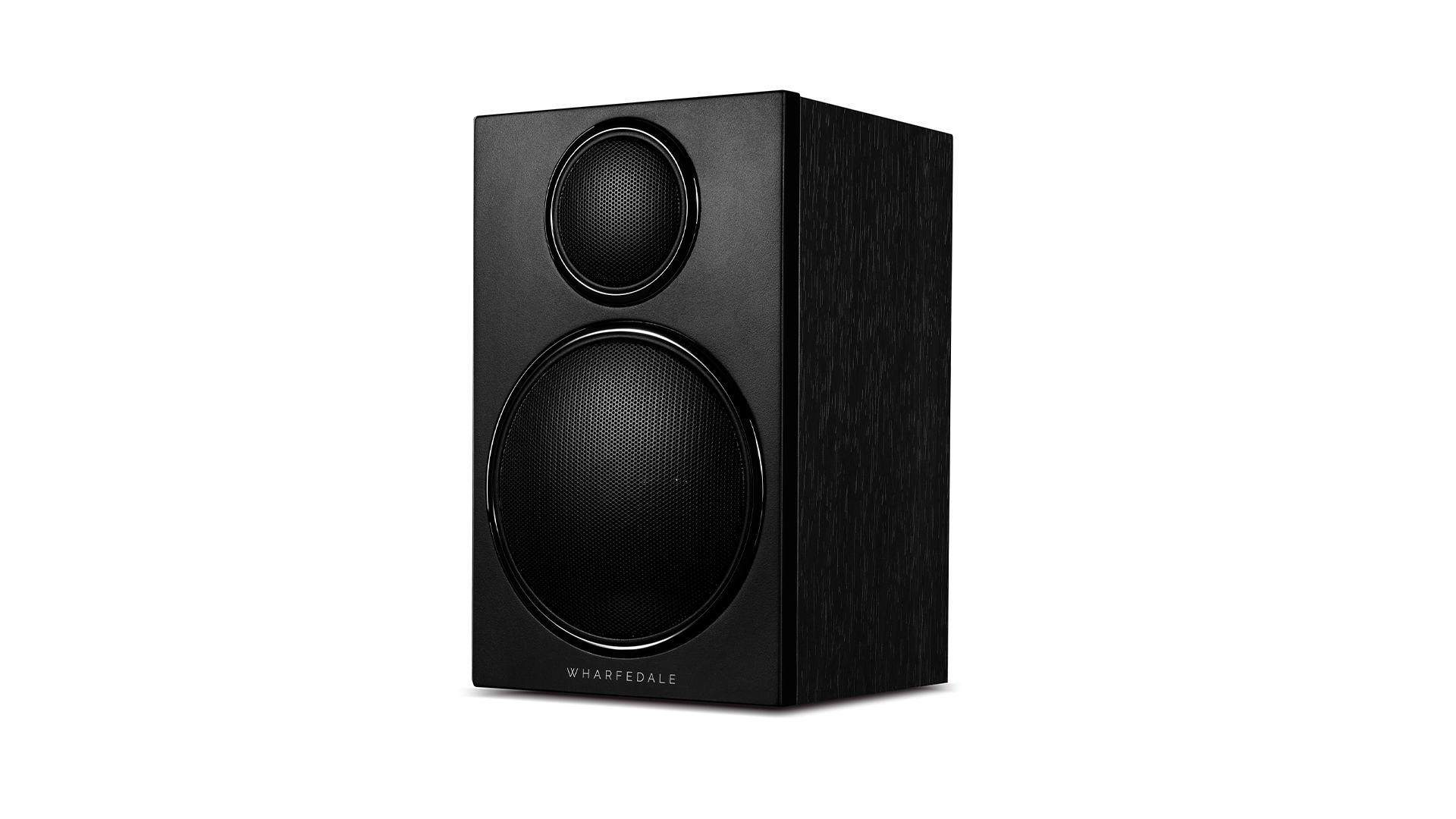
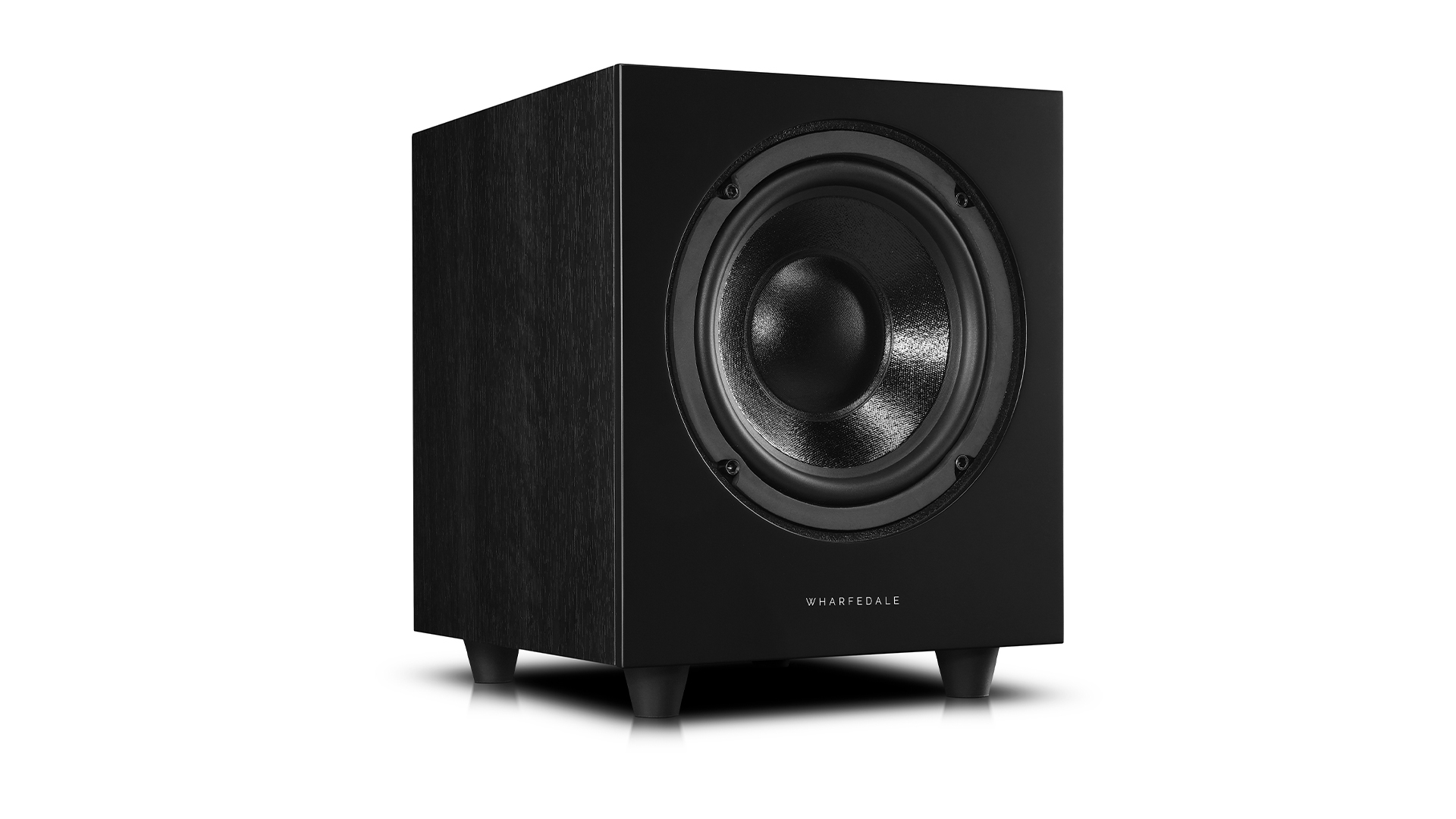
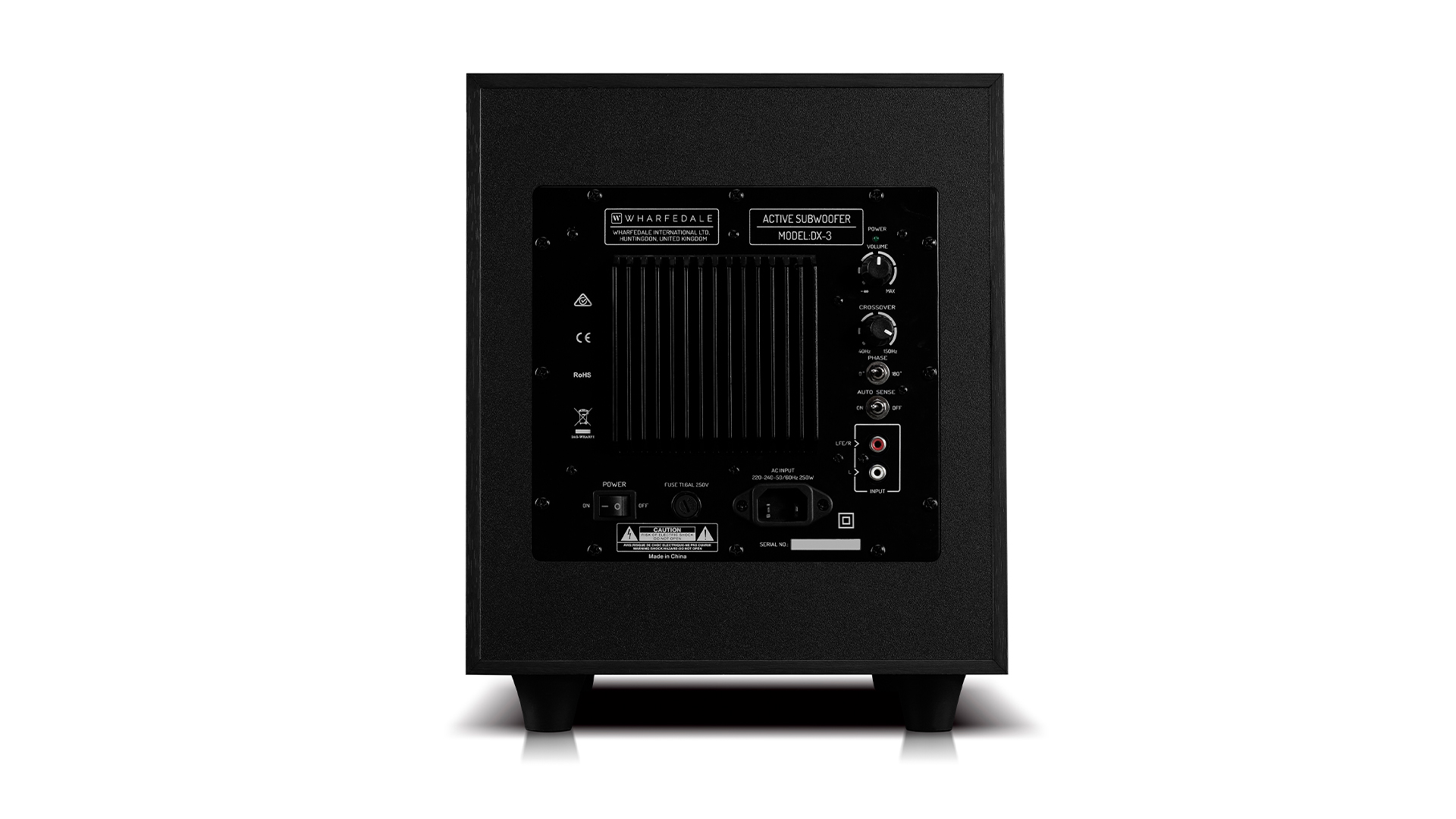
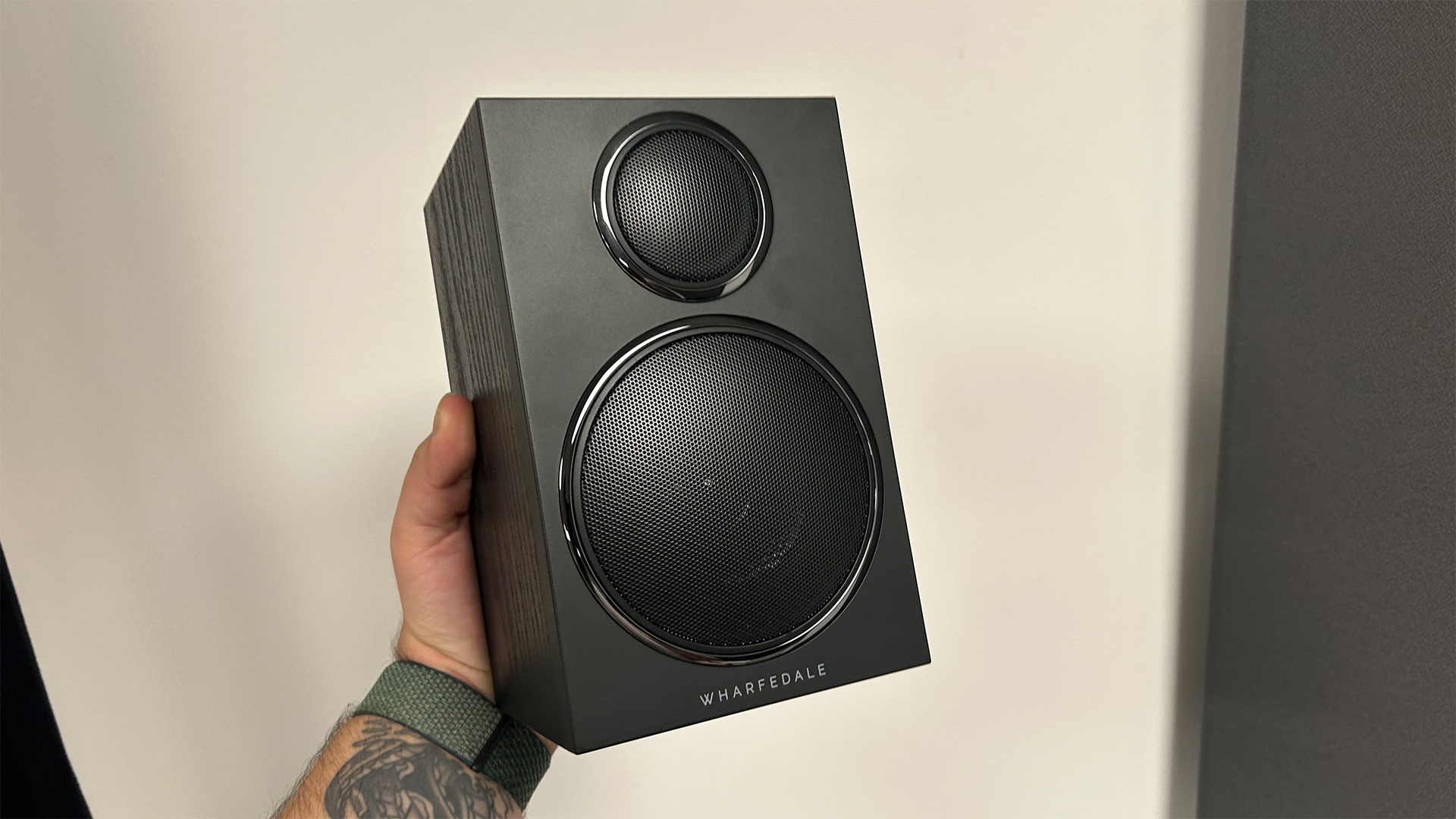
Specifications
Reasons to buy
Reasons to avoid
If you’re in the market for something more substantial than a soundbar but don’t have space to scatter speakers the size of wheelie bins around the place, Wharfedale’s DX-3 home cinema pack is right up your street.
The successor to the What Hi-Fi? Award-winning DX-2, this pint-sized package is perfect for smaller rooms, with the two-way closed-box design of the surround speakers meaning they can be placed close to a wall, while the centre channel will sit comfortably under the TV. The 70W subwoofer is relatively petite, too.
The diminutive dimensions of each component might suggest you’re going to get a small-scale sound from the DX-3, but it’s pleasingly cinematic, with punchy dynamics and plenty of detail. It doesn’t sound quite as rich or warm as its predecessor, but with the right amplifier that can probably be rectified.
It might not look or feel quite as premium as the DX-2 package did, and the RRP is £50 more expensive, but this is still a very affordable and hugely practical way to graduate from a soundbar setup.
Read the full Wharfedale DX-3 review
Also consider
- Q Acoustics 5040 5.1 Home Cinema: If you have space for floorstanders and want a 5.1 system that isn’t astronomically expensive, then the What Hi-Fi? Award-winning Q Acoustics 5040 5.1 package is a solid choice. Our only minor quibble is that some of the other systems on this list deliver a more full-bodied sound.
- Fyne Audio F500E AV Pack 2: Fyne Audio wowed us in the hi-fi testing room with its new, entry-level F501E floorstanding speakers, so a home cinema package featuring them in the top spot was immediately cause for excitement. In reality, the system is a little rough around the edges, but it still provides a very enjoyable and engaging cinematic sound at a reasonable price.
- Dali Oberon 5 5.1: The What Hi-Fi? Award-winning Dali Oberon 5 5.1 speaker package is a great surround system that delivers unparalleled performance. If you have money to spare and the space for it, it’s an excellent option well worth considering.
- Wharfedale Evo 4.4 5.1: If money is no object, then the Wharfdale Evo 4.4 5.1 speaker package is well worth a look. During our checks, it delivered brilliant, dynamic sound with great rhythmic precision. Just be warned, if space is tight, the central channel is outright huge.
- Sonos Arc: If you don’t have space for a speaker package, but want a great surround-sound experience from a soundbar instead, and don’t fancy the Sony HT-A7000, then the Sonos Arc should be your next port of call. It offers some of the best audio you’ll find on a soundbar and comes with the added flexibility of the Sonos ecosystem, which makes it easy to pair it with some of the brand’s other speakers and subwoofer.
- Sony HT-S2000: Sony's cheapest Dolby Atmos soundbar manages to muster up an impressive surround sound experience from a 'bar that costs considerably less than many options on this list. We think that the Hisense AX5125H is the better choice, but for those looking for an all-in-one bargai,n should consider this Sony.
How to choose the best surround sound system for you
Speakers or soundbar?
The first big question is whether to go for a speaker package or a soundbar. It really depends on how much space you have for a system.
A speaker package will give you true surround sound, as the speakers will be placed all around you in a 360-degree arrangement. But a full surround sound system means more boxes in your room, and you will also need an AV receiver to make the speakers work (unless you choose a wireless system such as Sony's HT-A9).
For most homes, a soundbar may well be the best option. It's a simpler, more elegant solution, as it combines speakers and amplification in a more discreet package.
There are soundbar packages that come with wireless surrounds and a subwoofer. These are smaller and easier to position than full-size speakers, but will still need to be placed near a power outlet.
Budget
Working out how much money you are willing to spend might seem like a very obvious thing to do, but bear in mind that a surround sound speaker package needs a separate amplifier to work, so factor that into your budget as well. If you already have one, is it suitable for the speakers you have in mind?
Dolby Atmos performance
Dolby Atmos is the pinnacle of home cinema surround sound right now and there are plenty of soundbars out there that are able to decode an Atmos signal. For the most believable sense of height, though, you will need a full speaker package with drivers that physically point upwards to bounce sound off your ceiling. (Even better, speakers actually installed above you, although that’s a pipe dream for most people.)
It’s true that the best soundbars are capable of some very clever tricks that fool our ears into thinking sound is coming from places it’s not, but there is still no substitute for the real thing. If you want the best Atmos performance, you’ll have to sacrifice some convenience and go for the full speaker package.
Connectivity
To make use of a surround sound speaker package you’ll need a home cinema amplifier (aka an AV receiver), which will work as the hub for all your other kit. A soundbar will connect directly to your TV either by HDMI or optical cable, so make sure yours is equipped with the necessary ports for the product you have in mind.
If your TV is a few years old you might also want to pick a soundbar that will enhance your system with streaming options such as Apple’s AirPlay 2 or Chromecast – while some also offer access to voice assistants such as Amazon Alexa. While these aren’t crucial for their home cinema functionality, they can come in very handy for controlling other smart home kit in your house.
Whichever surround sound system you consider, do your research and make sure it will fit your space and accommodate your games console, 4K Blu-ray player, set-top box, and whatever else you're planning on hooking up. Happy listening!
How we test
We test surround systems using a set methodology focused on direct comparisons and real-world listening.
Specifically, all surround sound systems are tested in our dedicated home cinema room in London. The room is acoustically treated and has been measured and marked to accommodate multiple configurations, including 5.1 and 7.2, as well as Atmos set-ups.
When testing we ensure we directly compare the home theatre surround sound system with any rival or alternative products we think the reader would also be considering.
We will swap in and out the systems as we run each test so we can make direct performance comparisons. Our reviewers never rely on memory when comparing performance. The speakers will also be run with our room’s reference Arcam AVR31 AVR.
When testing the surround sound system we run a variety of checks using a selection of test discs and streaming services to gauge various aspects of its performance. The specific movies and tracks we use are constantly updated to reflect current trends.
For example, if we want to check that a system can handle low-end frequencies without distorting we’ll use a scene such as the iconic car chase in The Batman, or the second scene of BladeRunner 2049, which features an incredibly powerful pounding low end that many systems struggle to deal with. We’ll also check how the system deals with specific audio formats, such as Dolby True HD, Atmos and Digital Plus, where applicable.
Though surround sound systems are generally focused on movies, we will see how they handle music and will stream tracks covering a variety of genres during our review. Here again, we make direct comparisons with rivals using the same comparative testing methodology we do for films.
In every review, we make sure at least two people have tested the surround sound system to make sure the findings are never based on a single person’s opinion. This helps us to ensure that we never let unintended bias creep into our reviews.
Surround sound systems FAQ
How do you hook up your home theatre?
If your surround sound system needs an AV receiver (aka a home cinema amplifier), you'll need to connect your speakers and subwoofer to that, which is then plugged into your TV via HDMI ARC/eARC. Wired speakers provide better sound quality than wireless, but the latter is more convenient as it means fewer cables snaking across your lounge.
How do you set up surround sound?
Spend some time experimenting with speaker positioning and angles. It can sometimes take a bit of time getting the perfect arrangement for your room, but it's worth it. A good rule of thumb is to keep the same distance between corresponding channels – that should give you a balanced sound.
Most AV receivers have built-in calibration software which can guide you through the setup process. They also include an automatic level check to optimise each speaker's output.
For more, check our guide on how to build the perfect home cinema system.
What are the best speakers for home theatre?
Our pick is the Bowers & Wilkins 606 and 607 S3 speaker package. This comprises 606 S3 speakers for the left and right channels, a couple of 607 S3 speakers for the surrounds, an HTM6 S3 for the centre channel and an ASW610 subwoofer.
All of these units are excellent in their own right – some of them have won Awards – so put together, they're a compelling package.
There are many other excellent options at much cheaper prices, though. Check out our full list above.
How to hide surround sound wires
You have various options. You can conceal them under carpets and rugs, under baseboards, or inside cable channels that you can paint to match their surroundings. You can even run them behind walls and ceilings, though this does make them harder to access should anything go wrong.
Alternatively, you could opt for a less cluttered solution like wireless speakers.
What is surround sound?
Quite simply, it's sound that surrounds you. Rather than a mono speaker projecting sound from one direction, or stereo pumping it out from both sides of you, surround sound places speakers in front, to the sides and behind you. That way you're enveloped in an immersive sonic bubble.
It can place sounds with far more precision, so a helicopter can sound like it's coming from behind you before swooping overhead and landing in front of you.
Some soundbars offer virtual surround sound. While this can be pretty immersive, it's not as good as having separate speakers.
Which is better: soundbar vs surround sound?
They are two different ways of achieving the same aim: improving your TV's sound.
Soundbars are more compact and usually more affordable, while surround sound packages provide a louder, more immersive sound.
For pure sound, a dedicated surround sound system will triumph. But in terms of cost, looks and practicality, it could be a lot closer. Check out our guide to the best soundbars before you decide whether to opt for one or a surround sound system.
Which is better: stereo vs surround sound?
Surround sound will be far more immersive than a standard stereo setup, so from that perspective, it will definitely be 'better'. But it all depends on the quality of the speakers.
You also have to weigh up practical factors like price and whether you have the space to accommodate a full surround setup.
What do the numbers mean with surround sound systems?
The numbers next to a surround sound system refer to how many channels it has. The first number refers to the number of speakers, the second how many subwoofers while the third details how many height speakers there are.
For example, the most common 5.1 speaker packages will have five speakers and one subwoofer; 5.1.2 Atmos systems add two “height” speakers to the mix, which is how they create the “dome of sound” experience.
Do more speakers mean better audio?
Based on our experience reviewing surround sound systems, the answer is a firm no. A 7.2 system will not automatically be a better performer than a 5.1 set-up.
Audio quality is defined by more specific factors, including the speakers’ engineering, sonic character (if they have been matched correctly) and general quality. That’s why you need to check reviews of the specific packages or products in question even after deciding the configuration you want.
Can a soundbar provide surround sound?
Lots of soundbars are currently being marketed as offering “proper surround sound”. There are plenty that go so far as to promise Atmos. In our experience, although there are plenty of soundbars that can replicate the experience to a degree, they cannot fully match the performance you get from a good, proper speaker package.
The latest hi-fi, home cinema and tech news, reviews, buying advice and deals, direct to your inbox.
Lewis Empson is a Senior Staff Writer on What Hi-Fi?. He was previously Gaming and Digital editor for Cardiff University's 'Quench Magazine', Lewis graduated in 2021 and has since worked on a selection of lifestyle magazines and regional newspapers. Outside of work, he enjoys gaming, gigs and regular cinema trips.
- Tom Wiggins
- Alastair StevensonEditor in Chief
